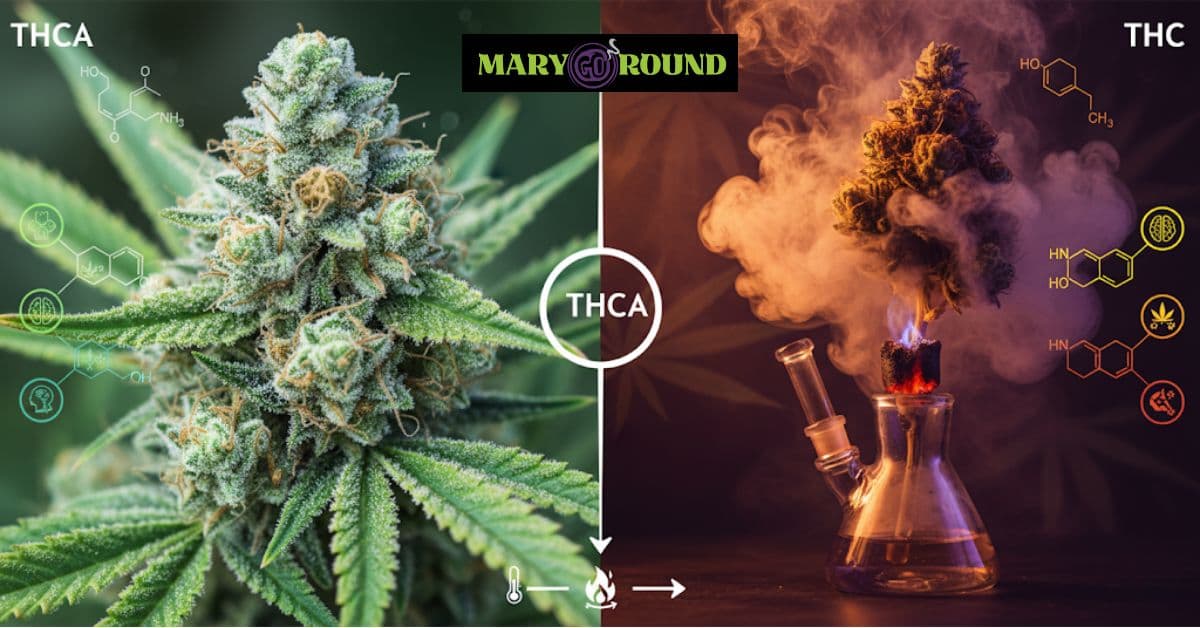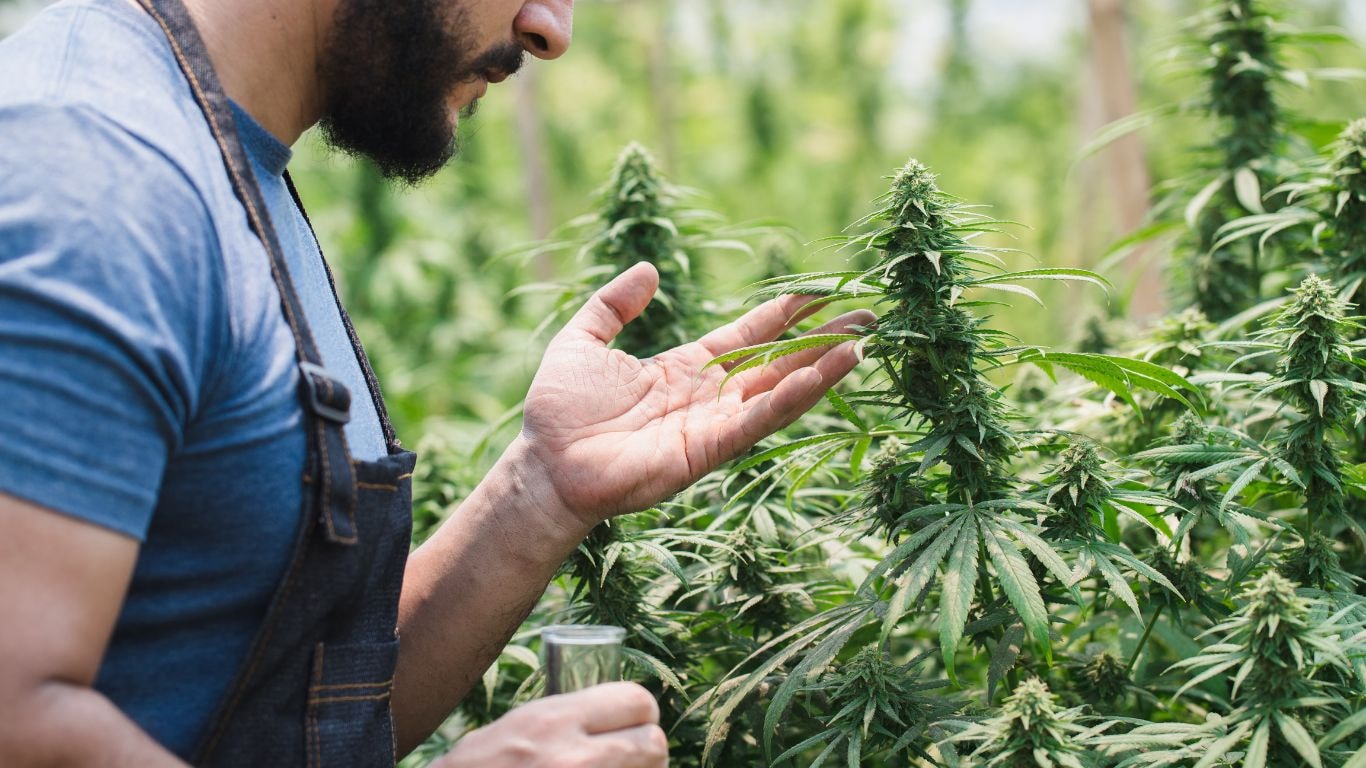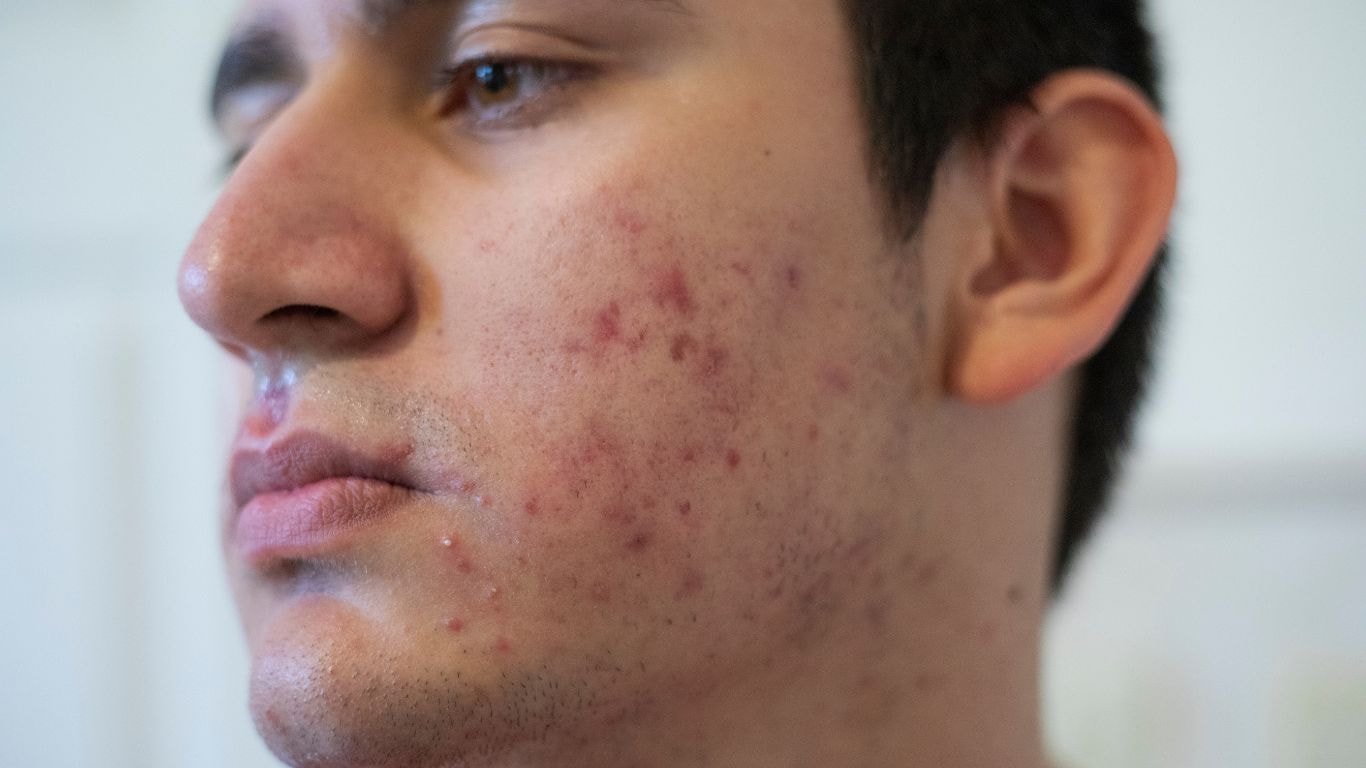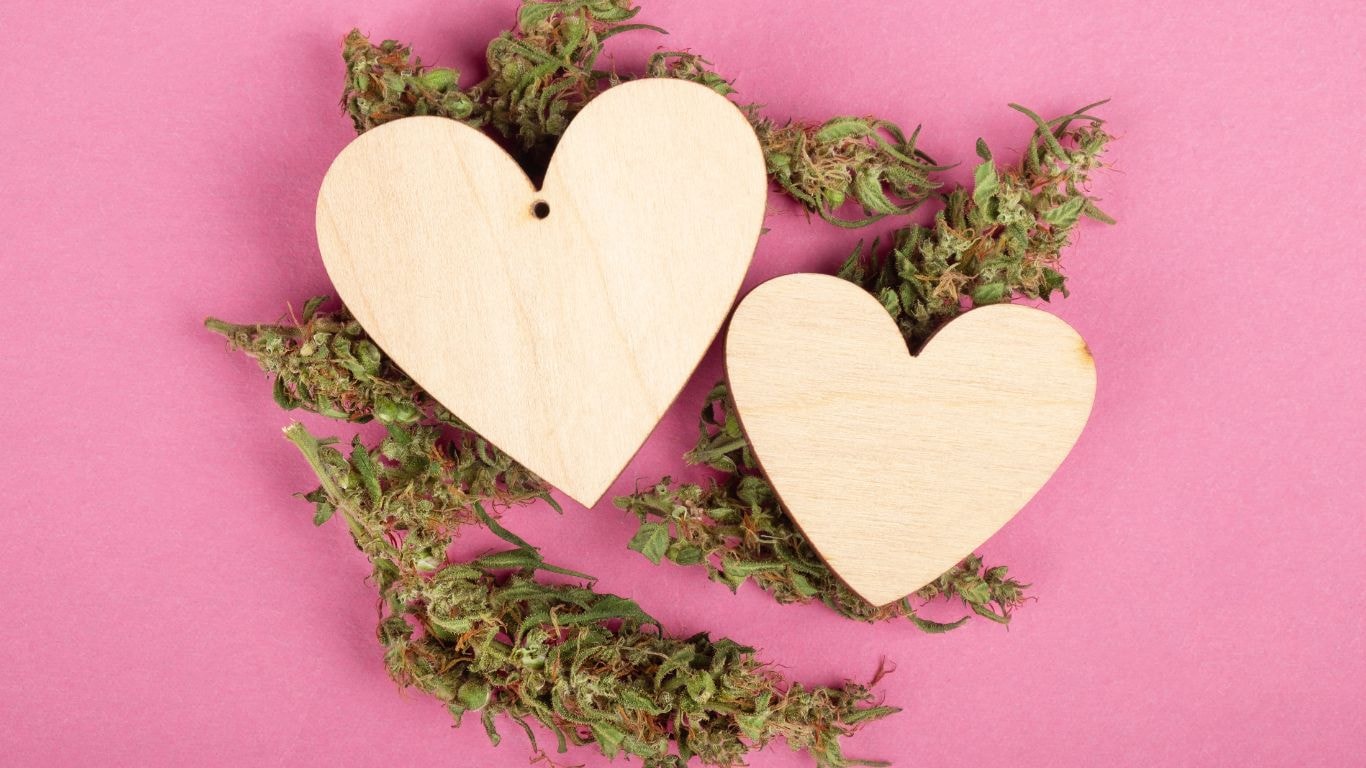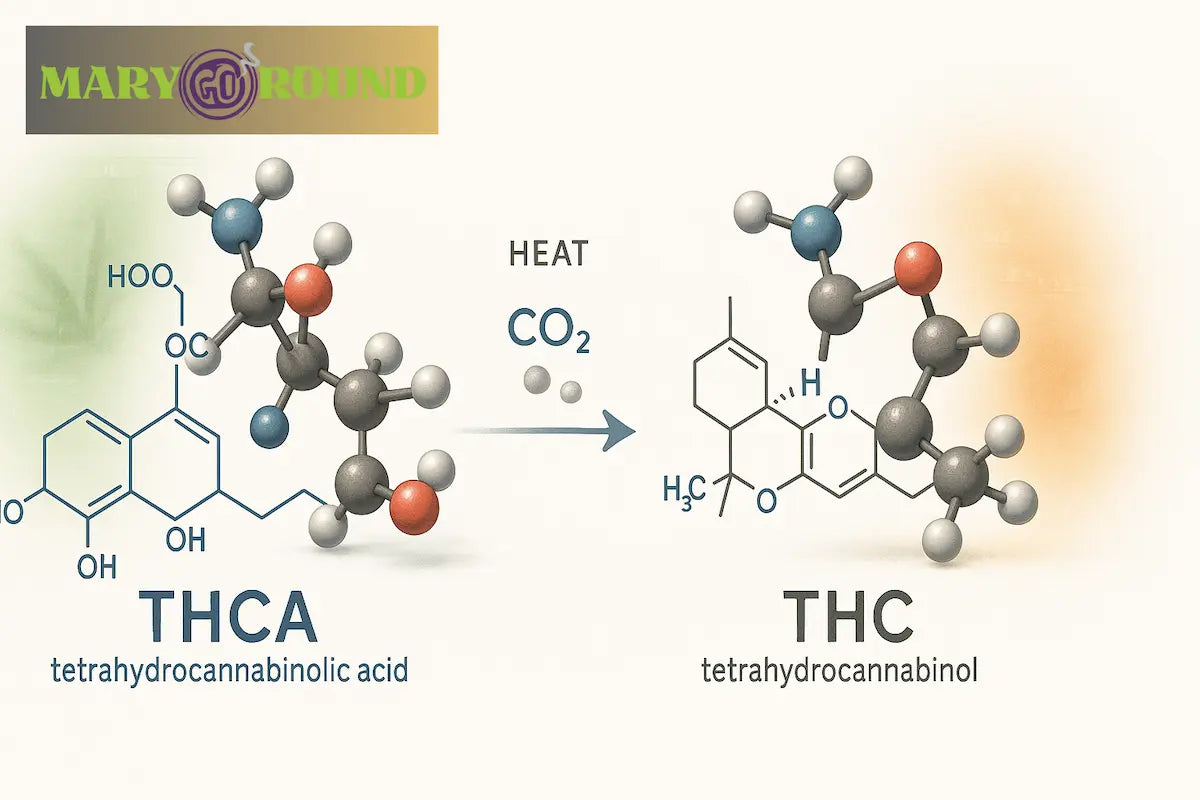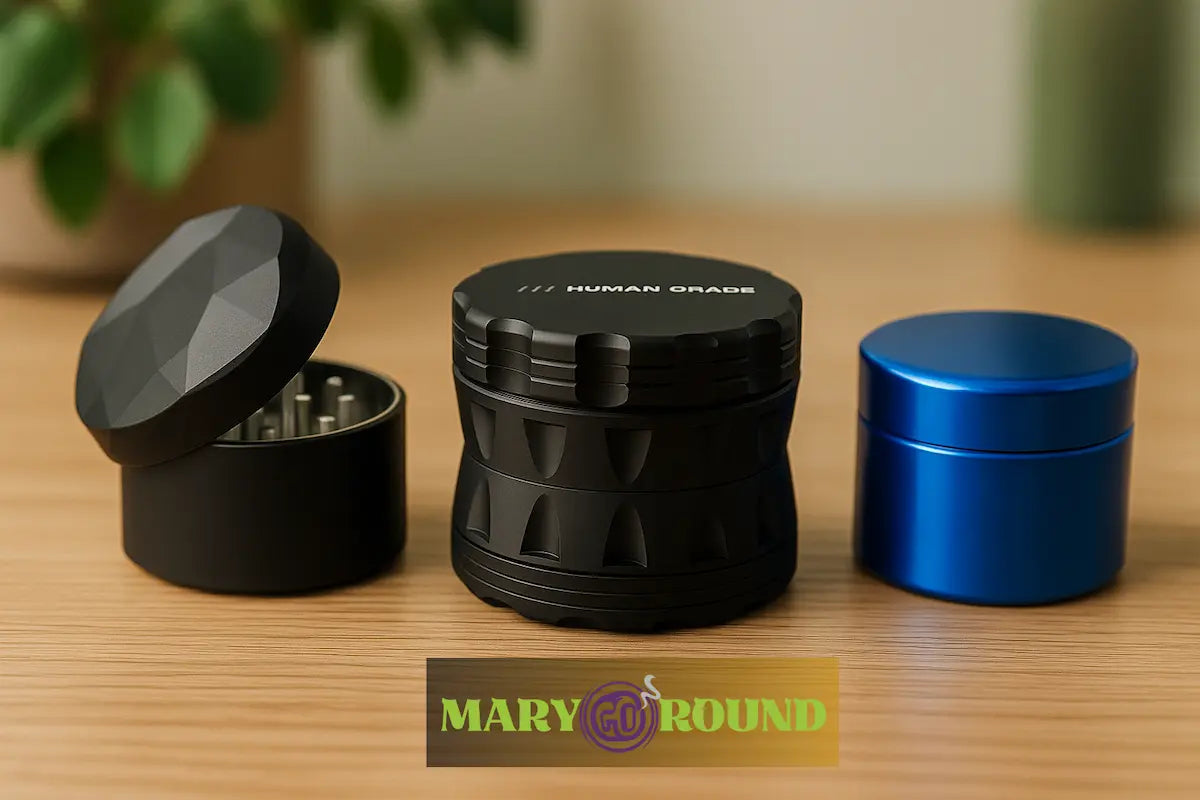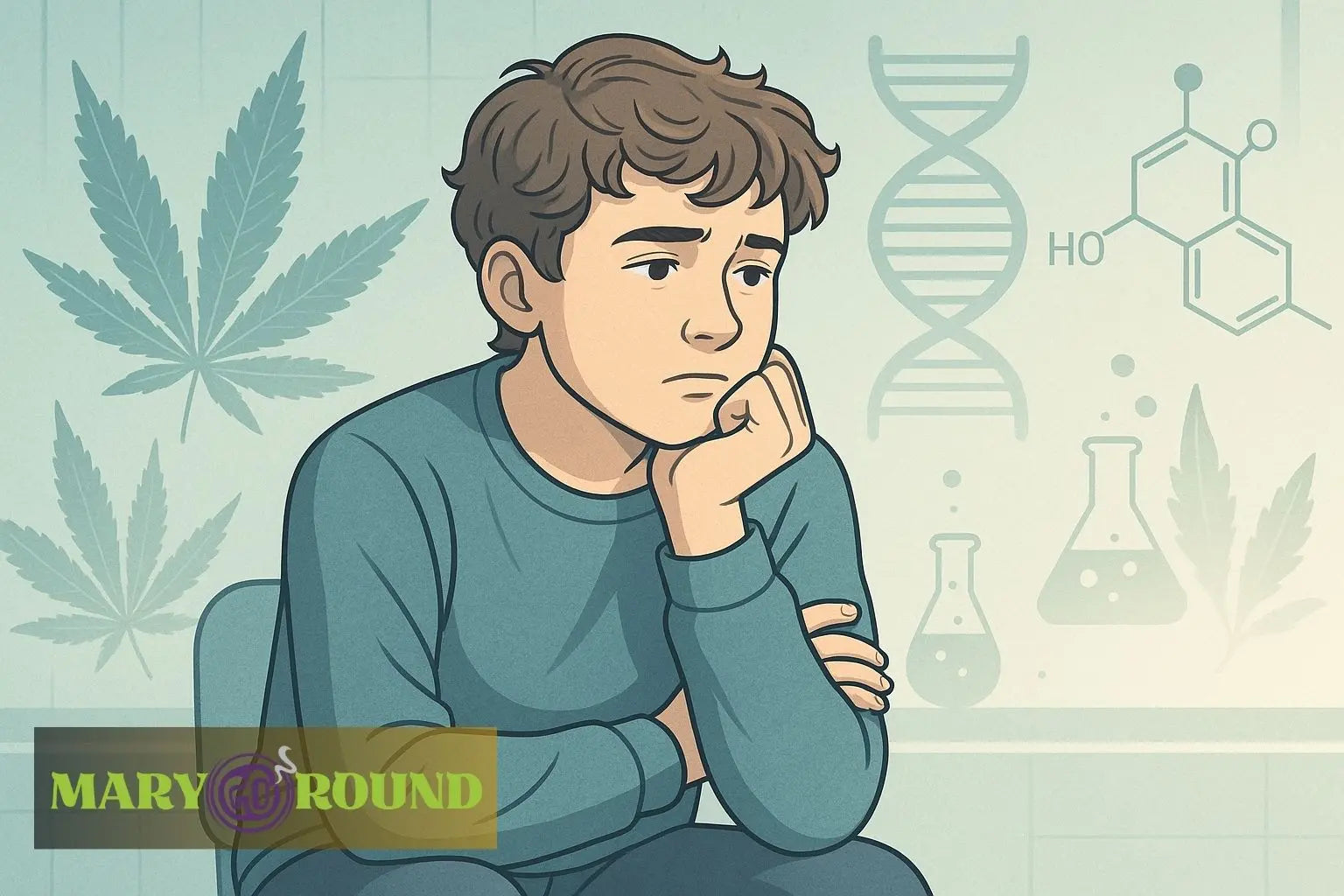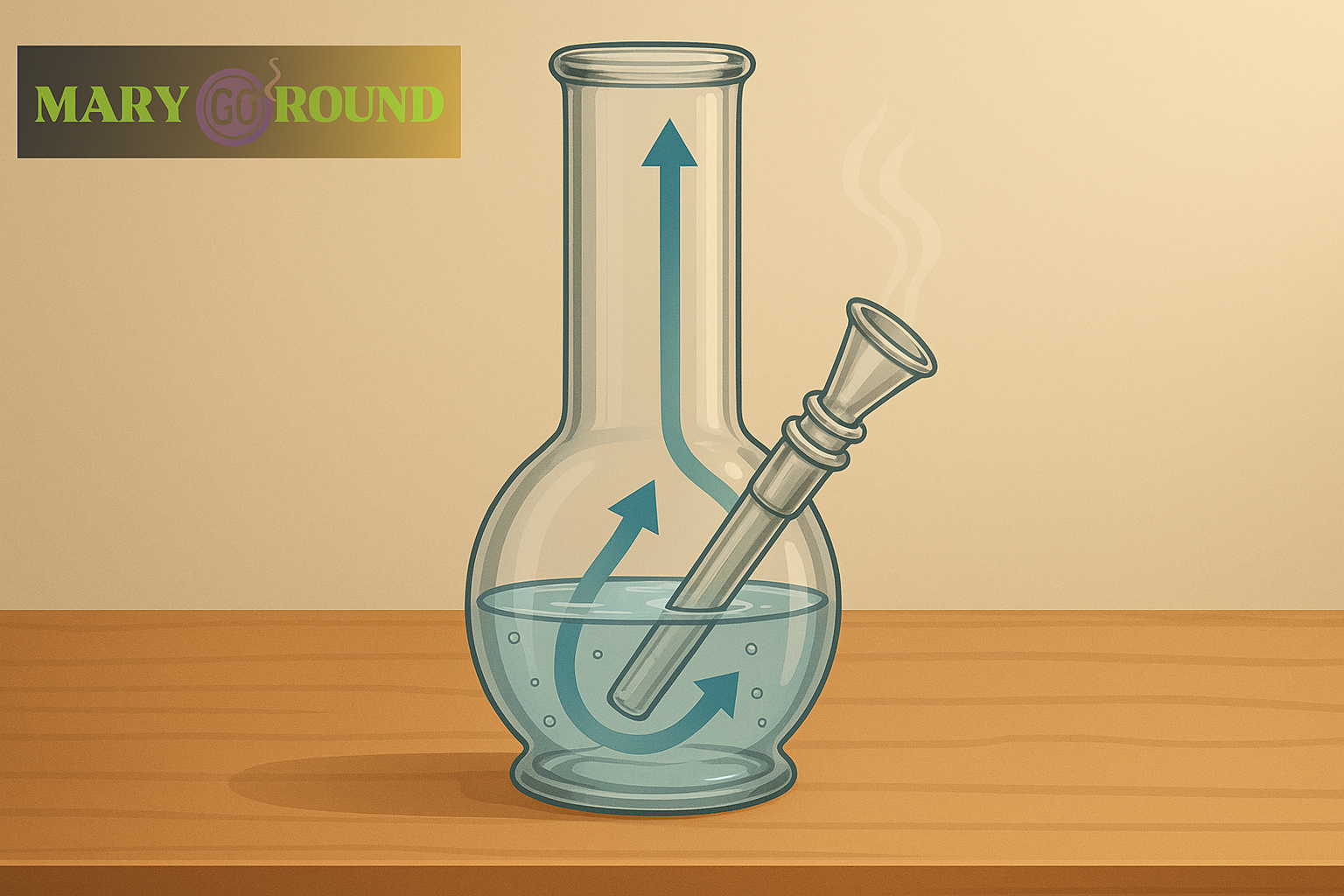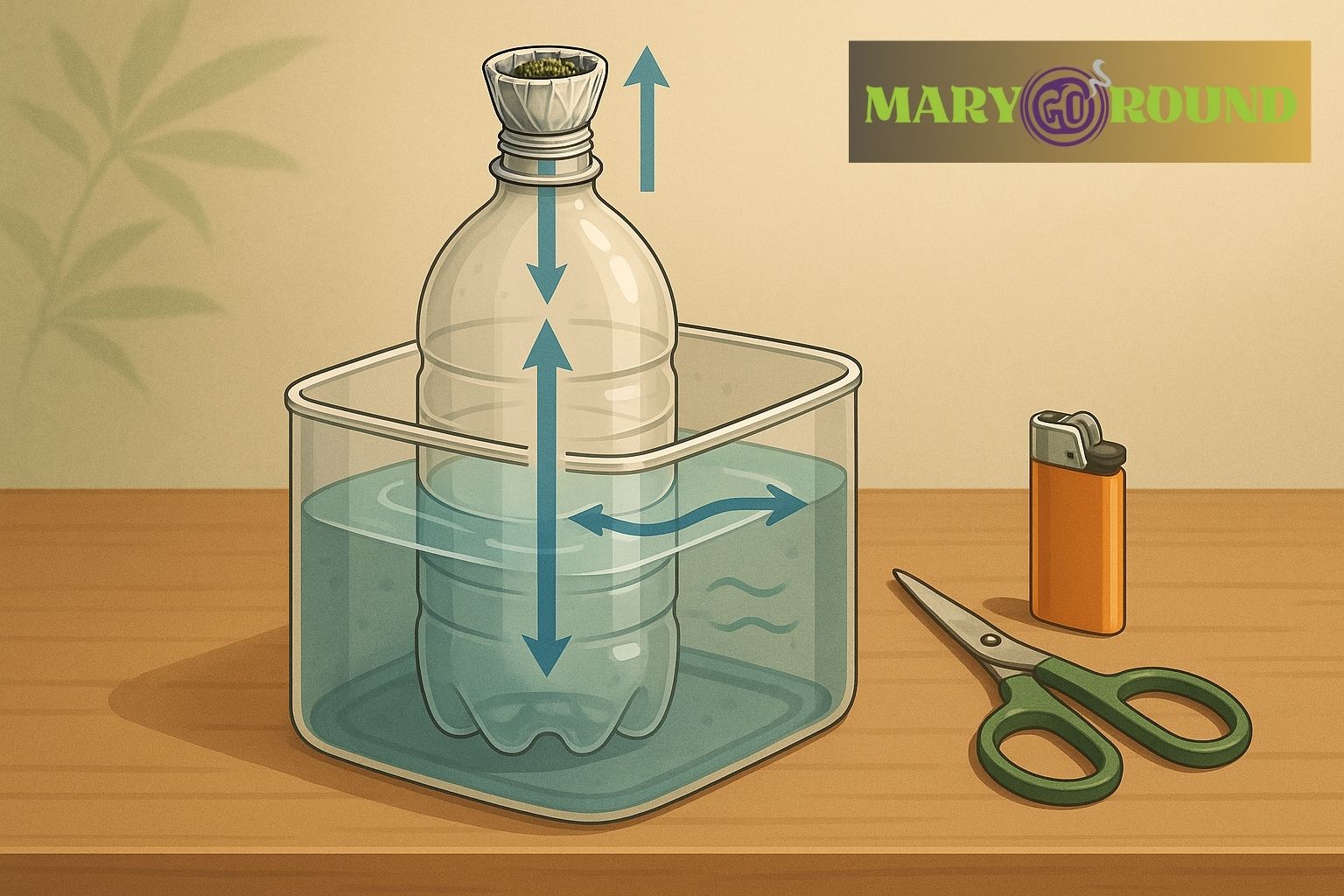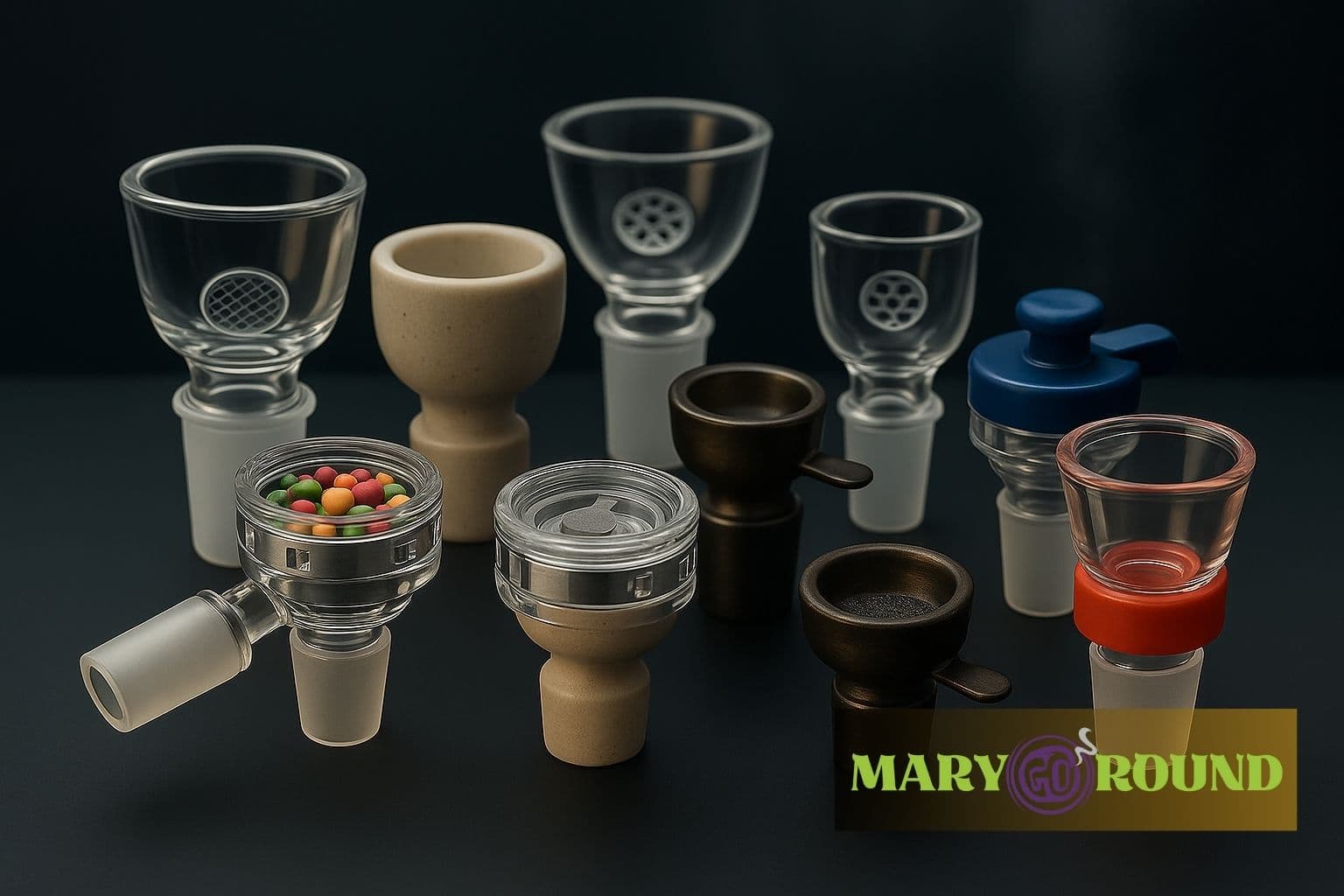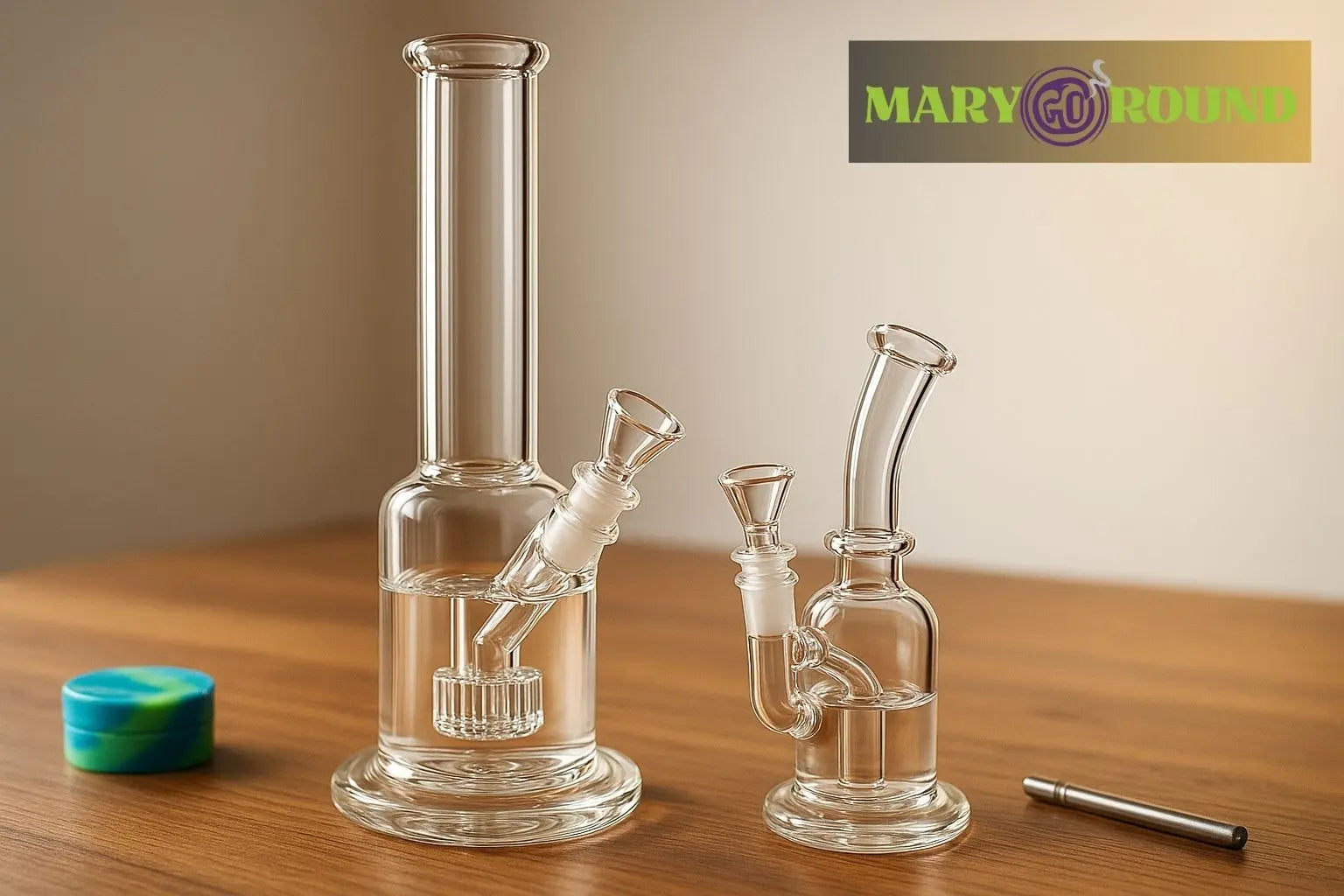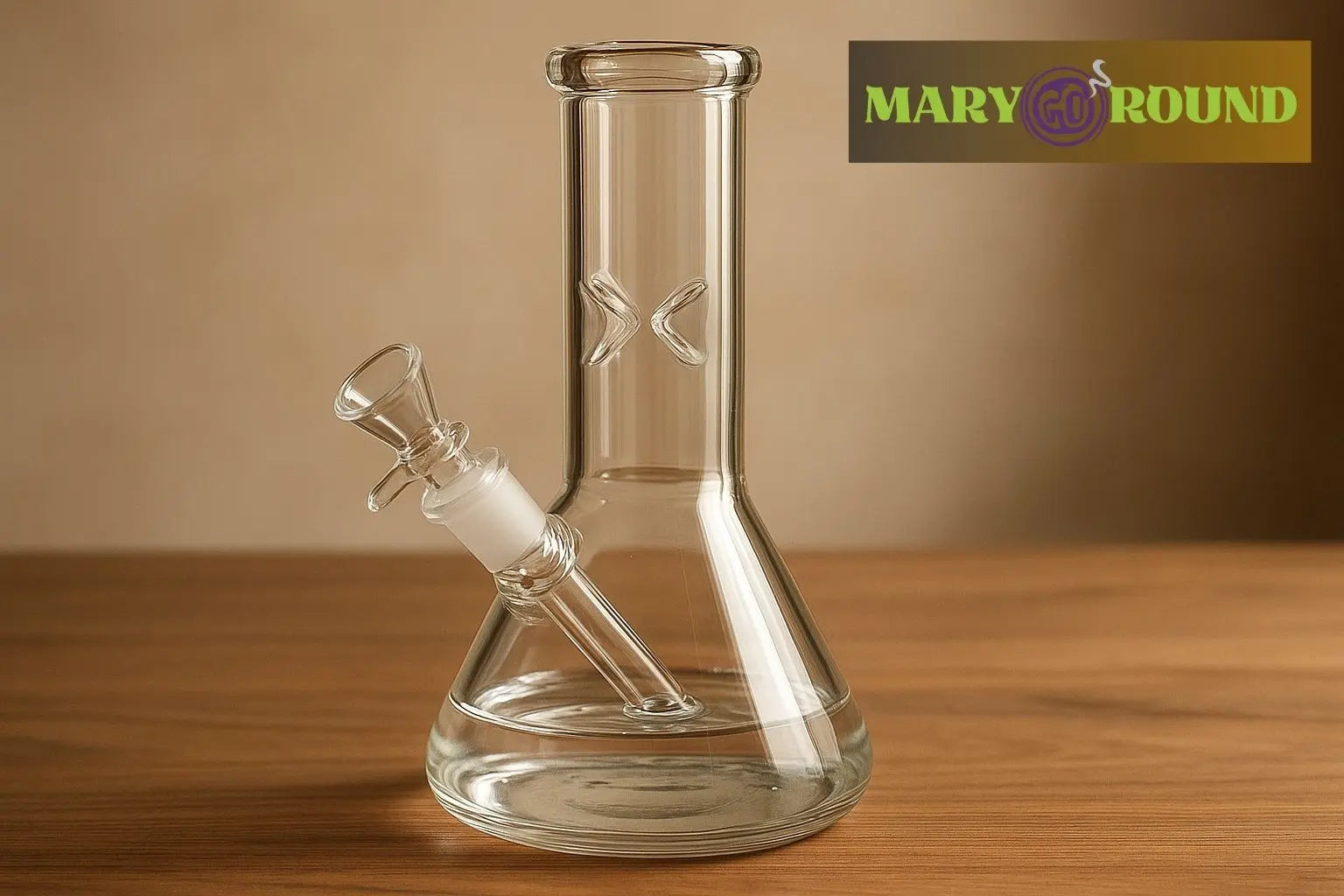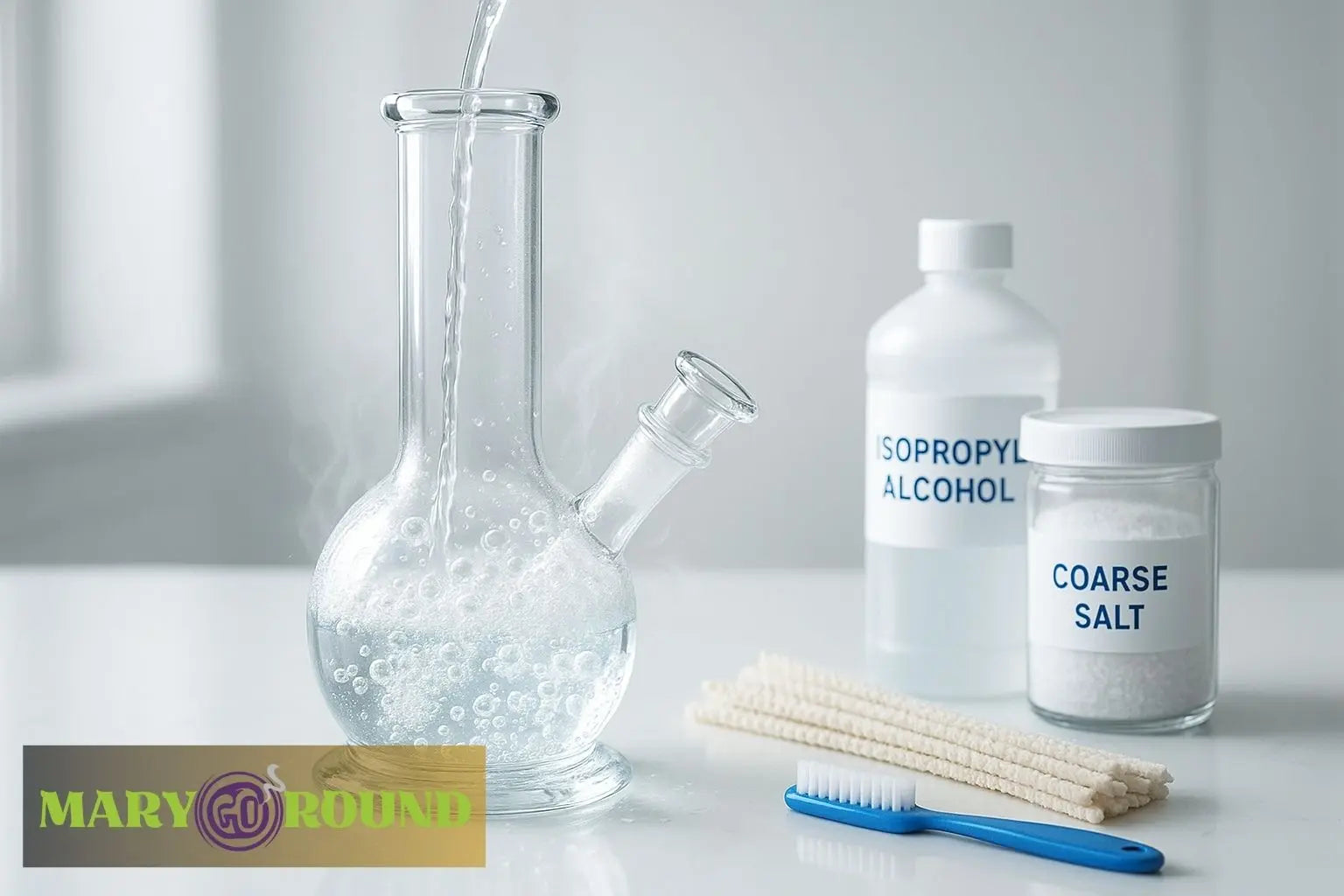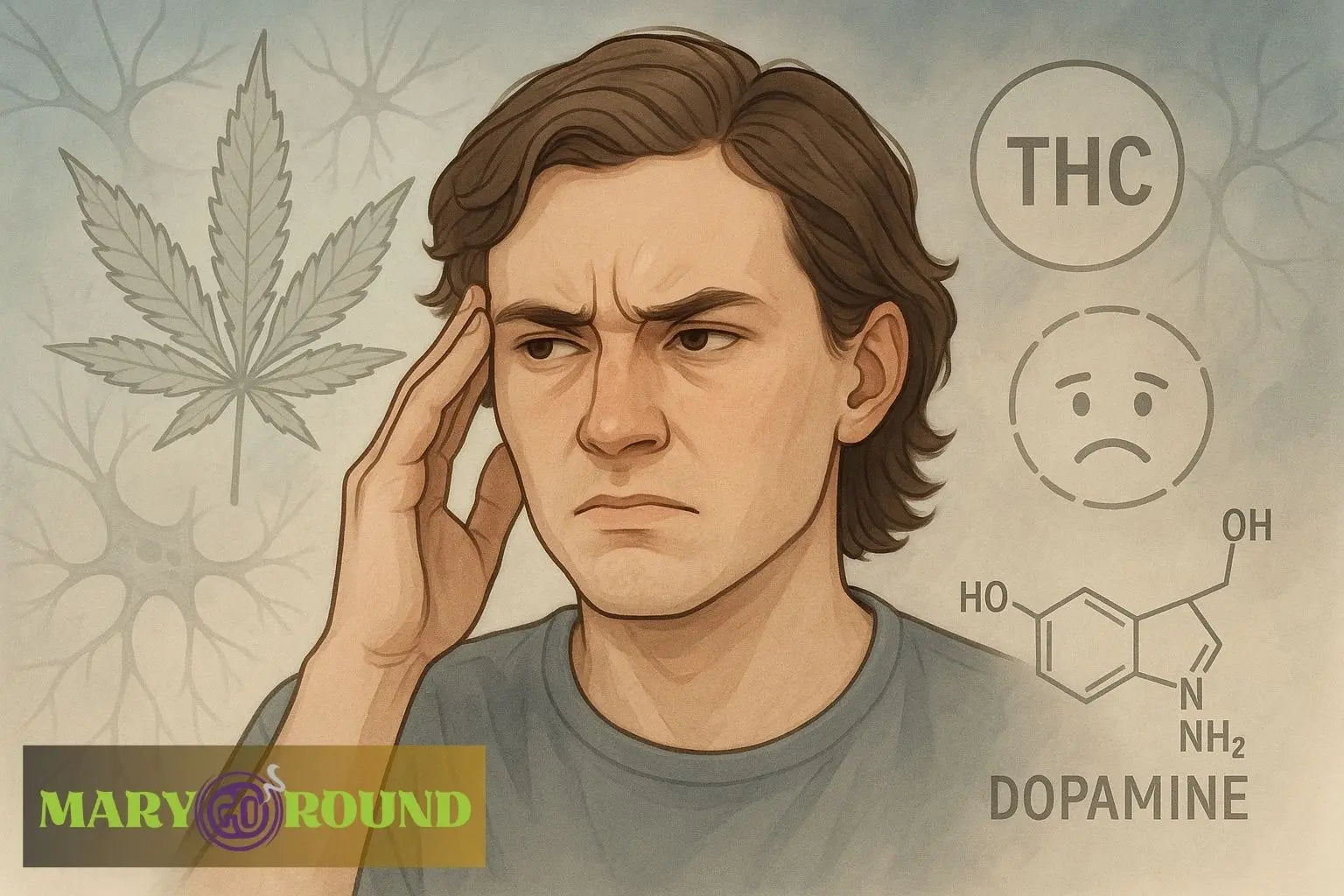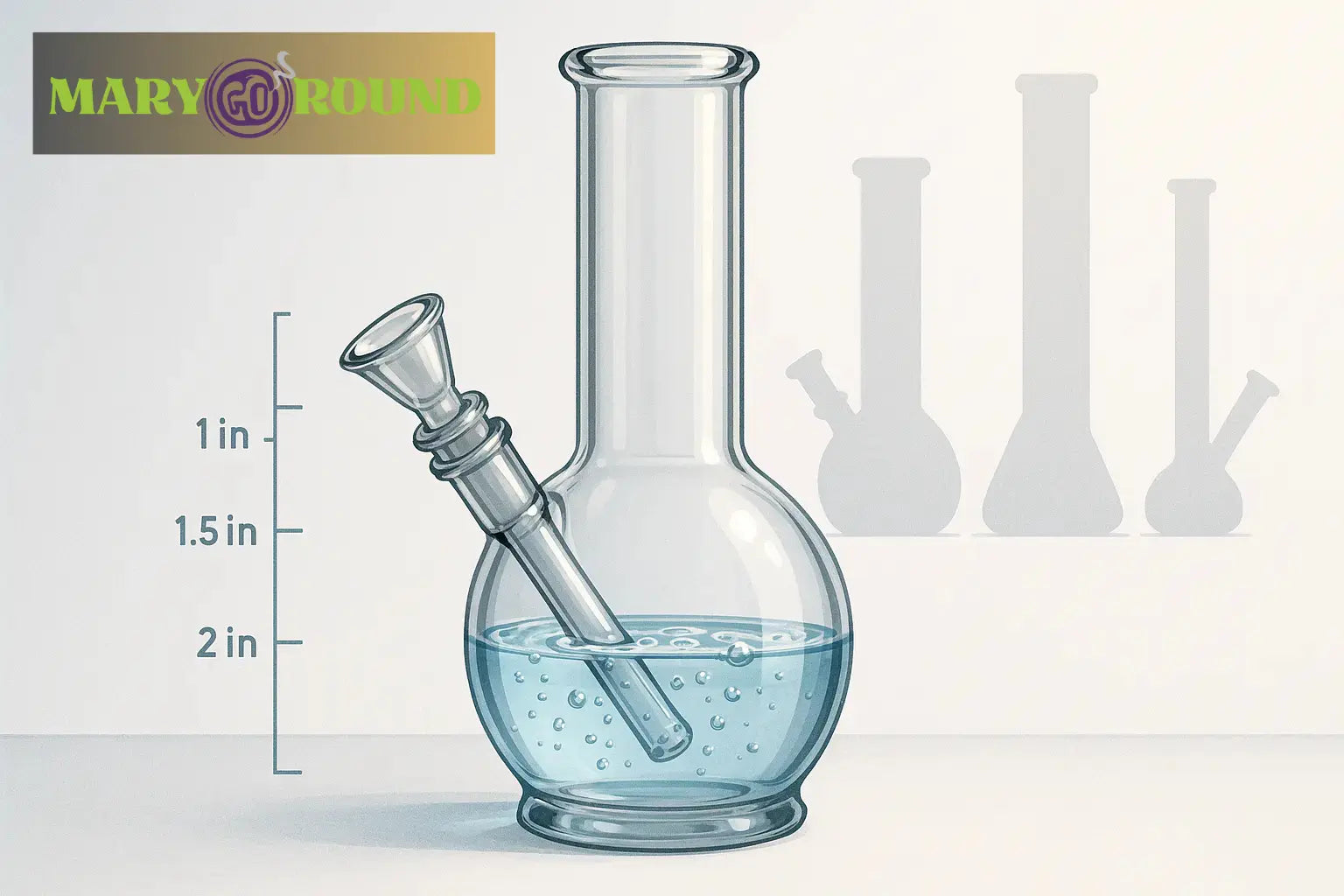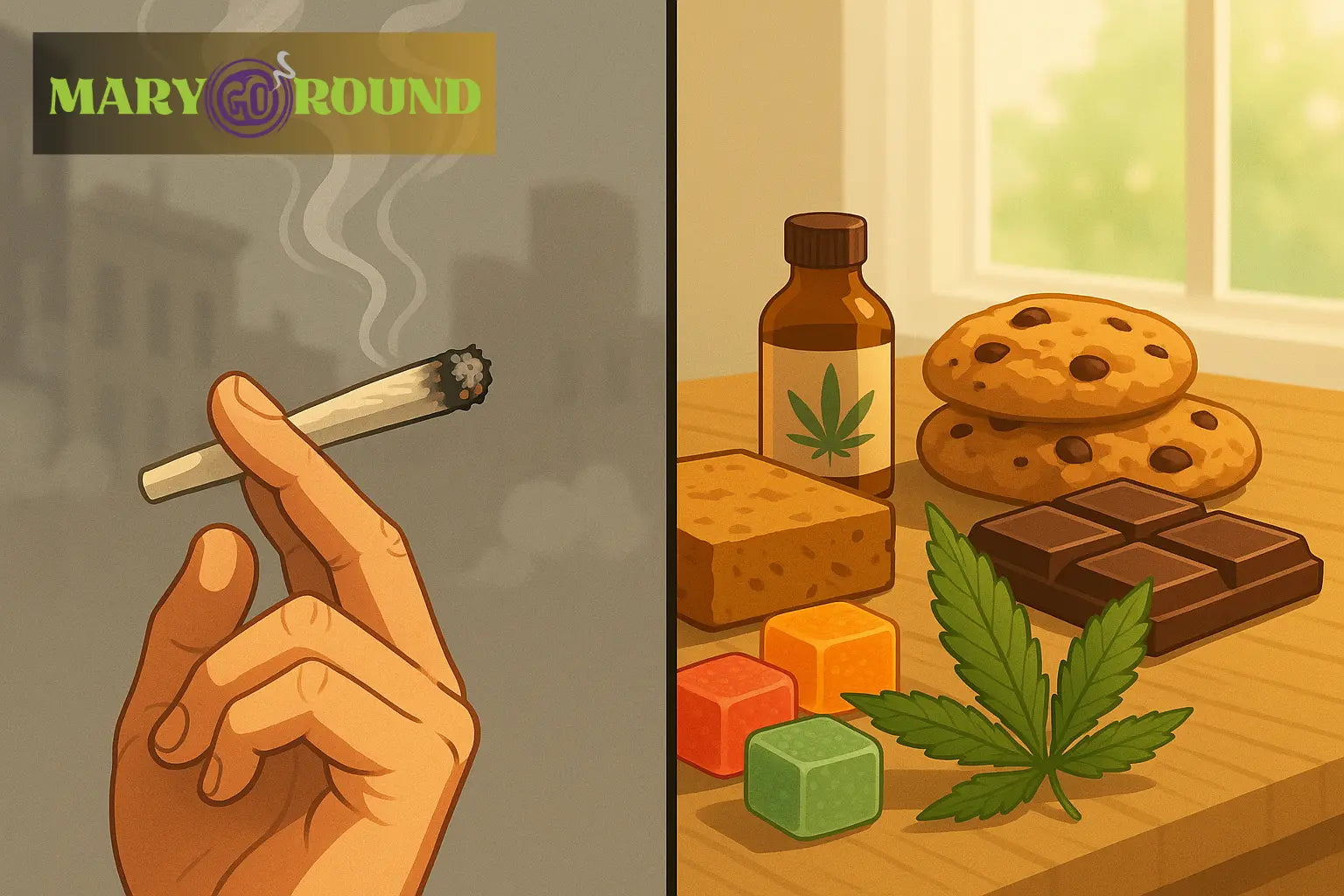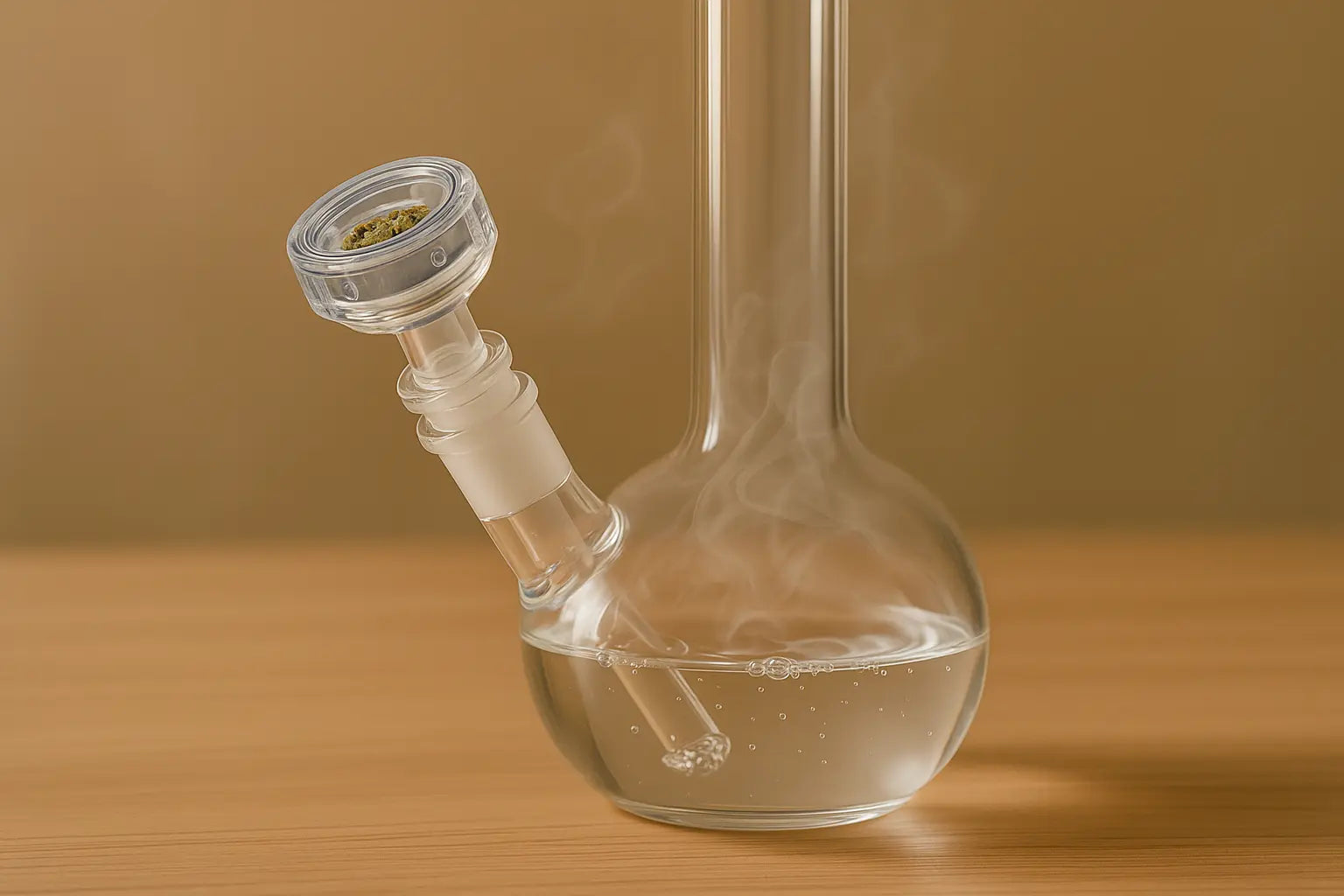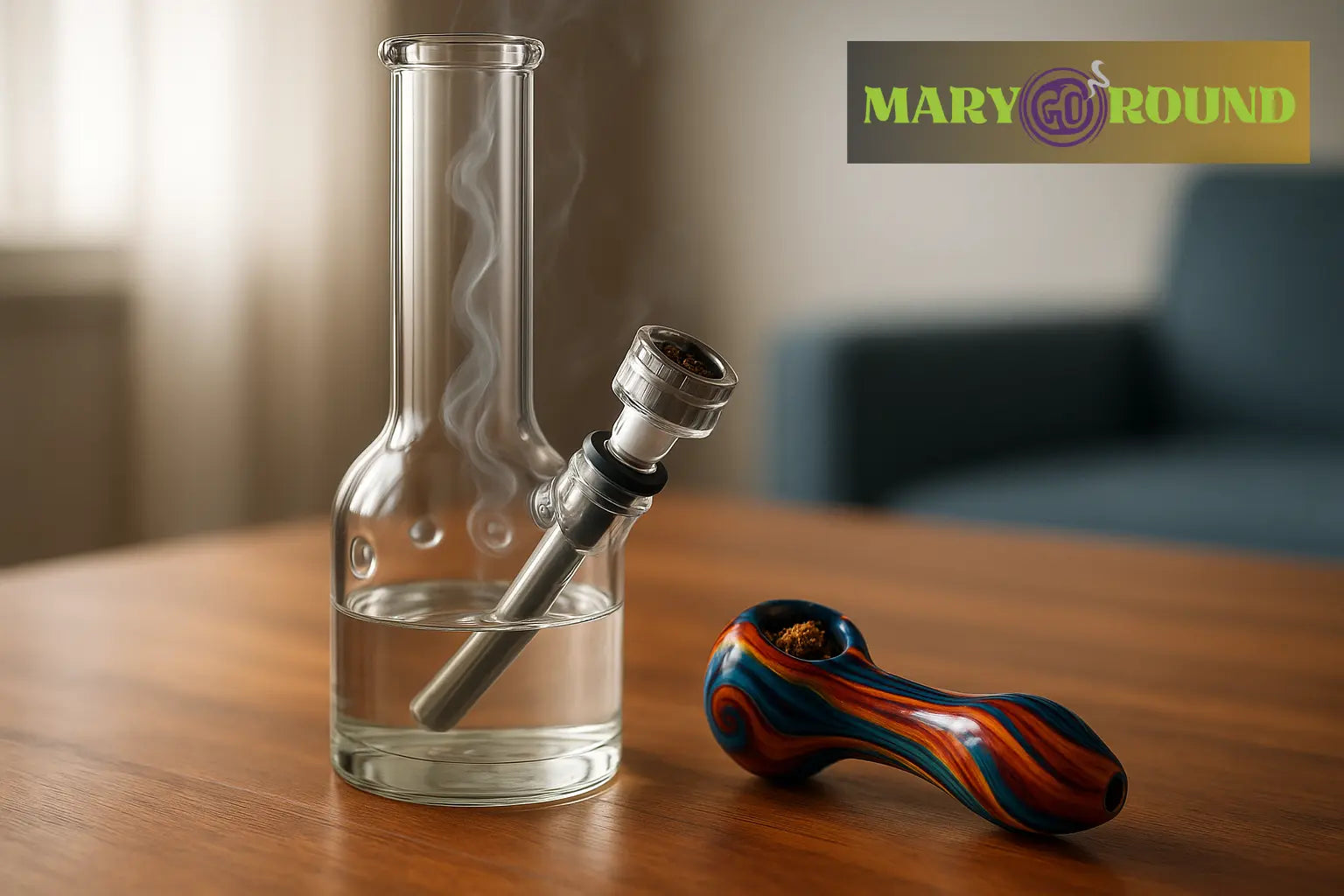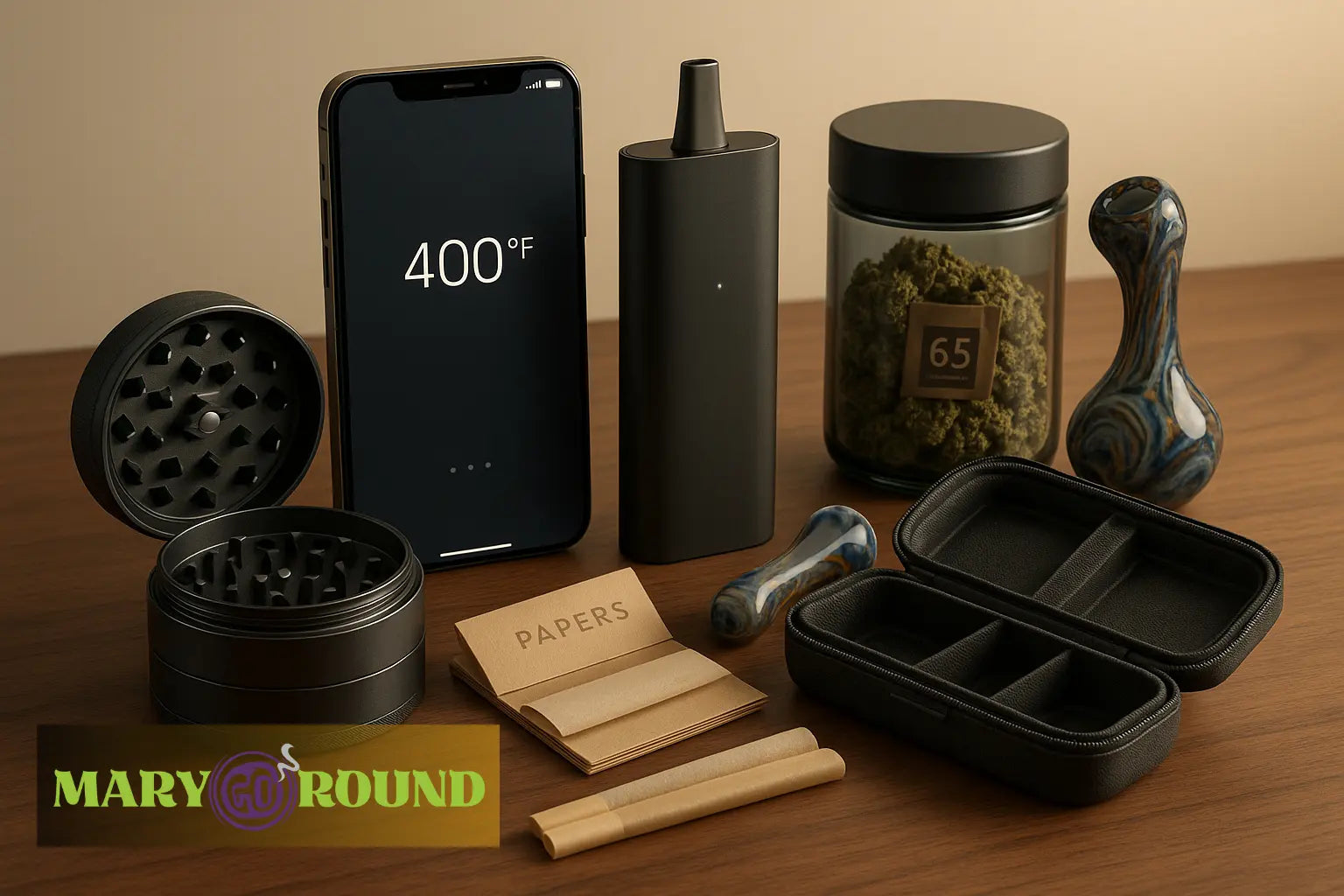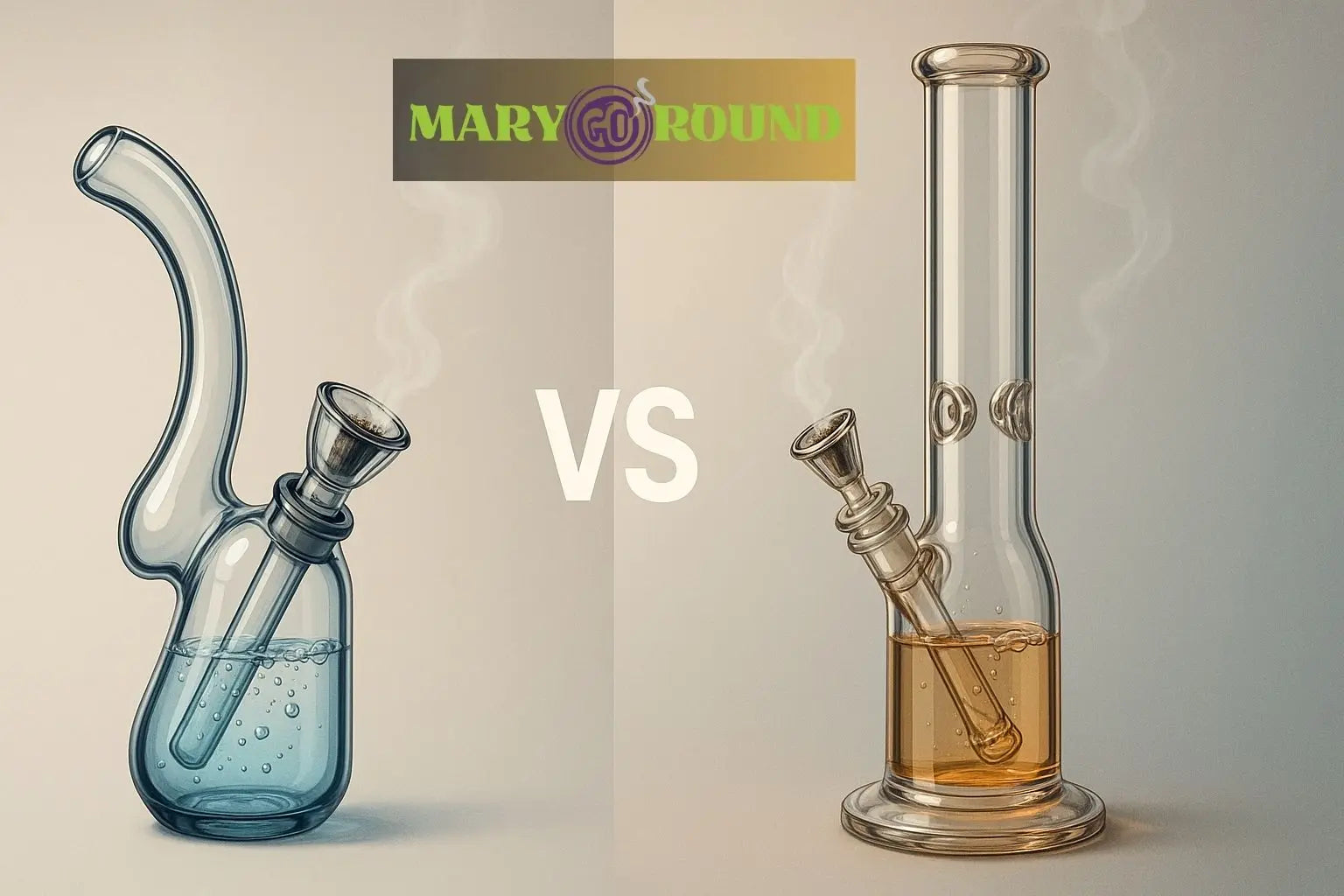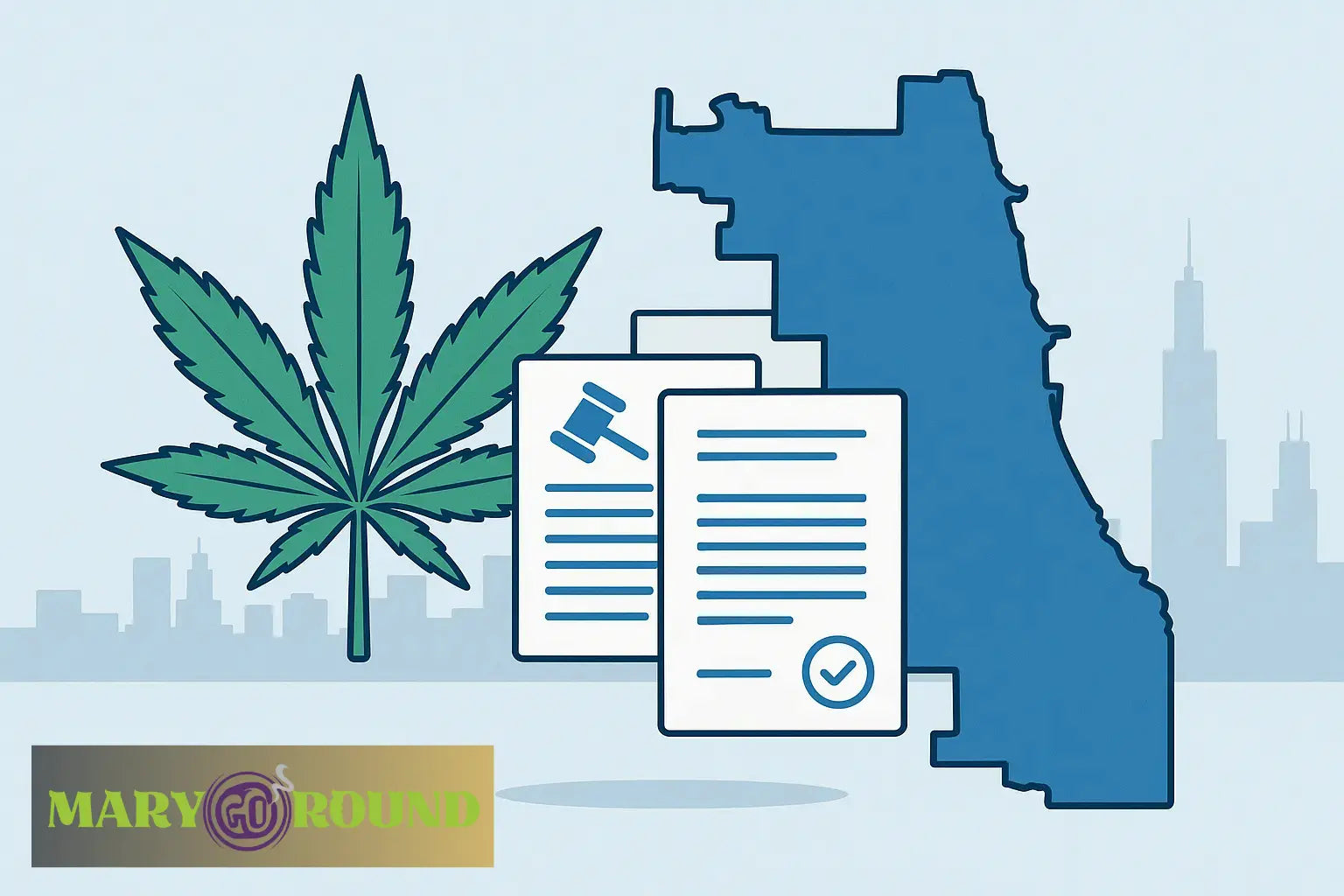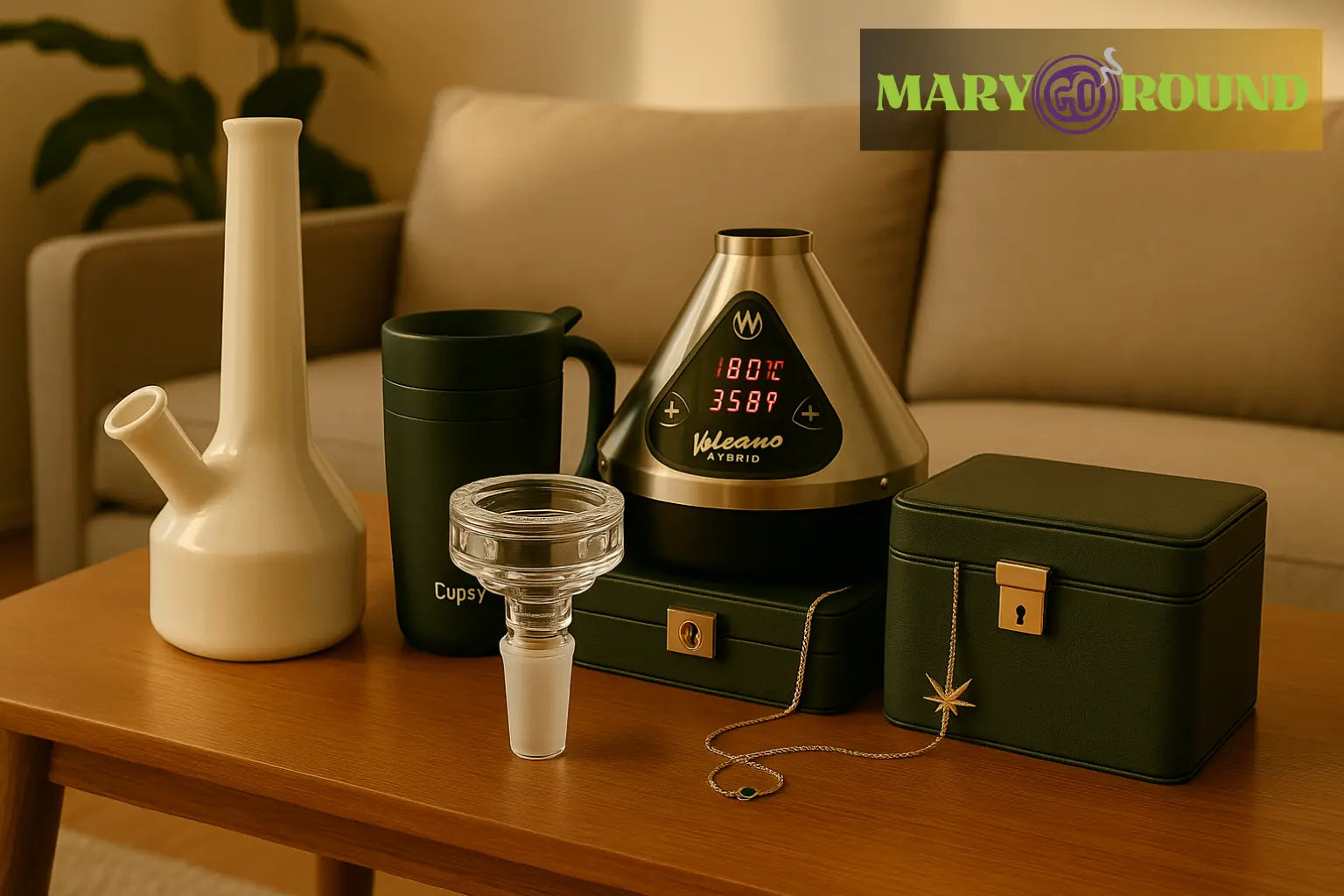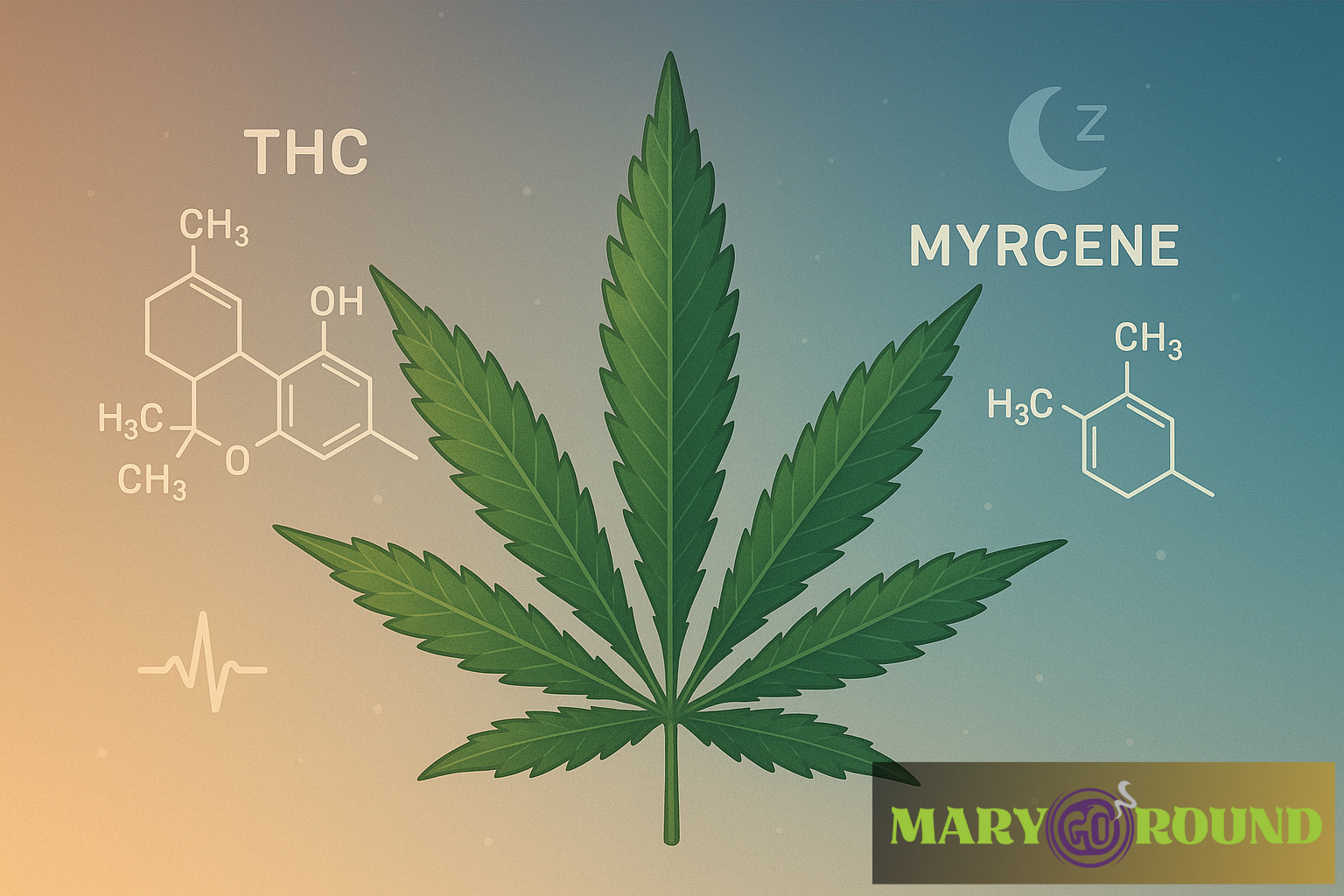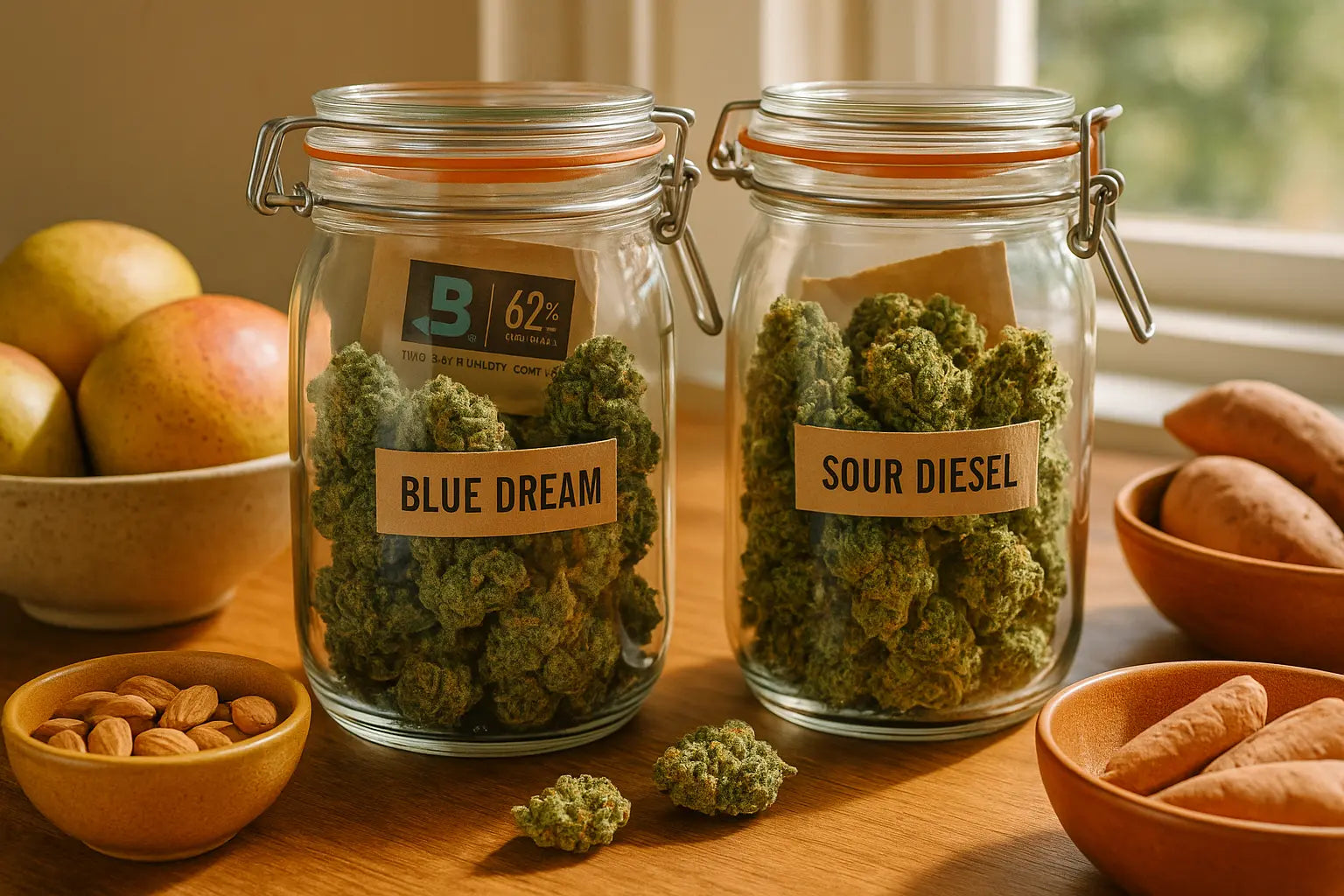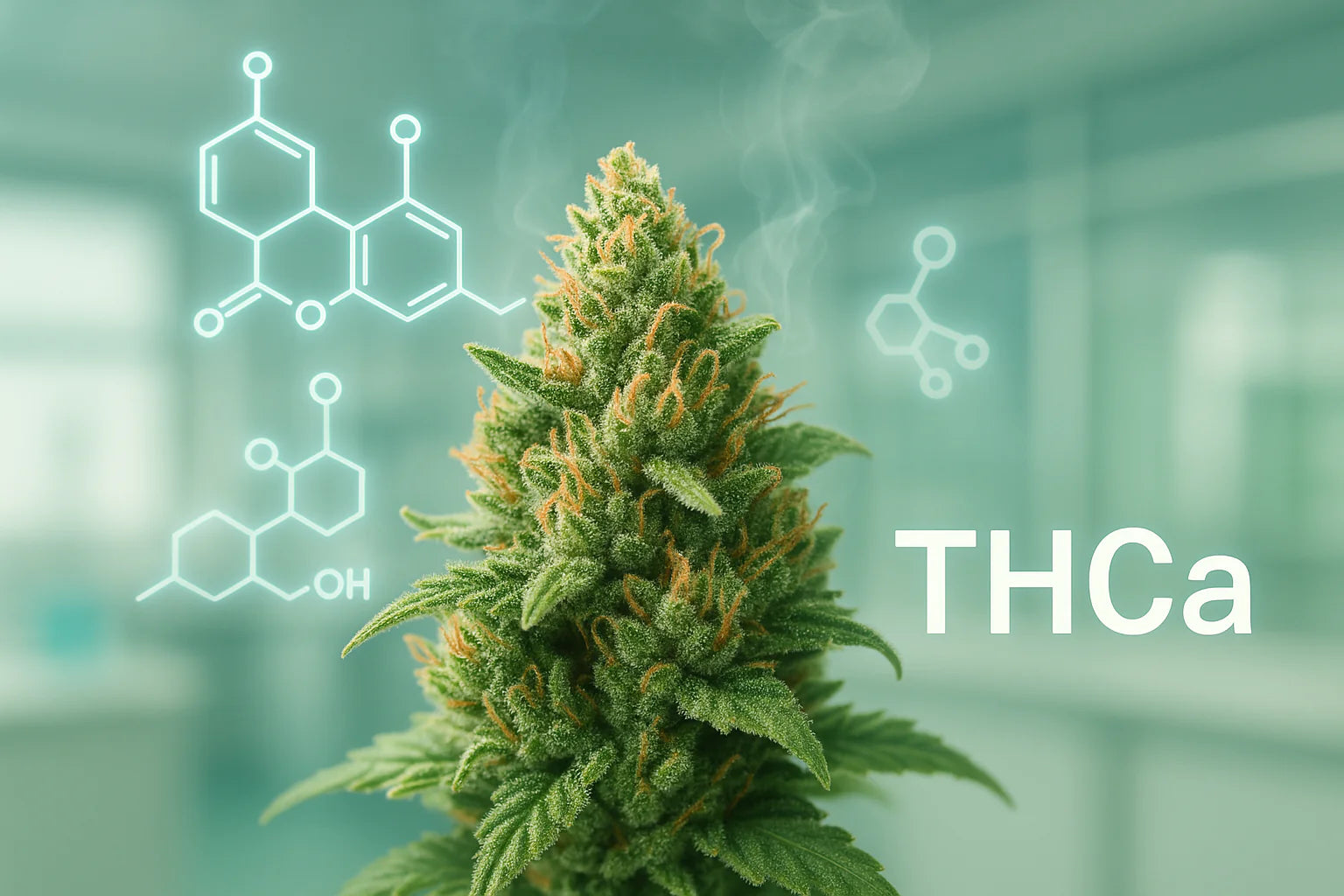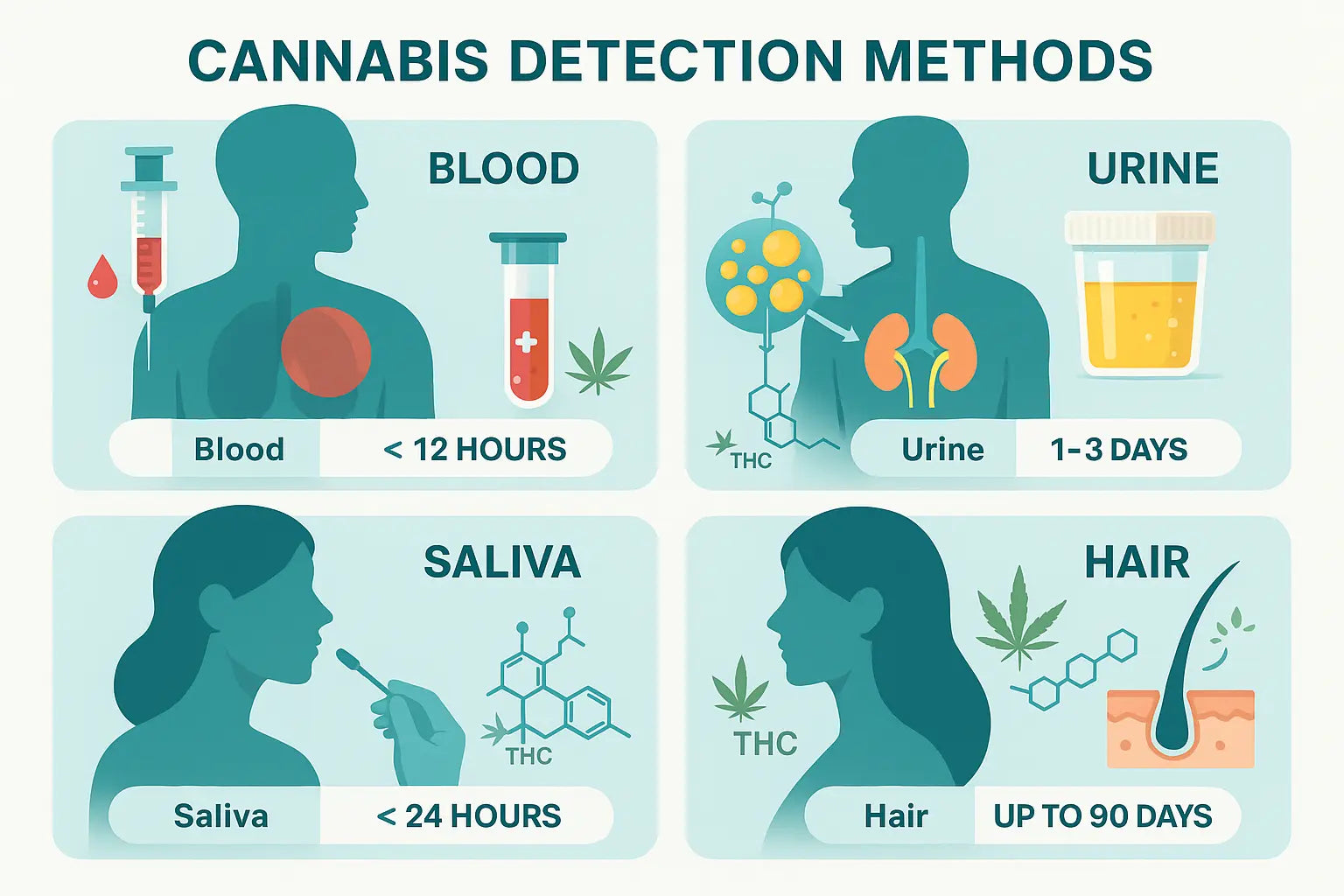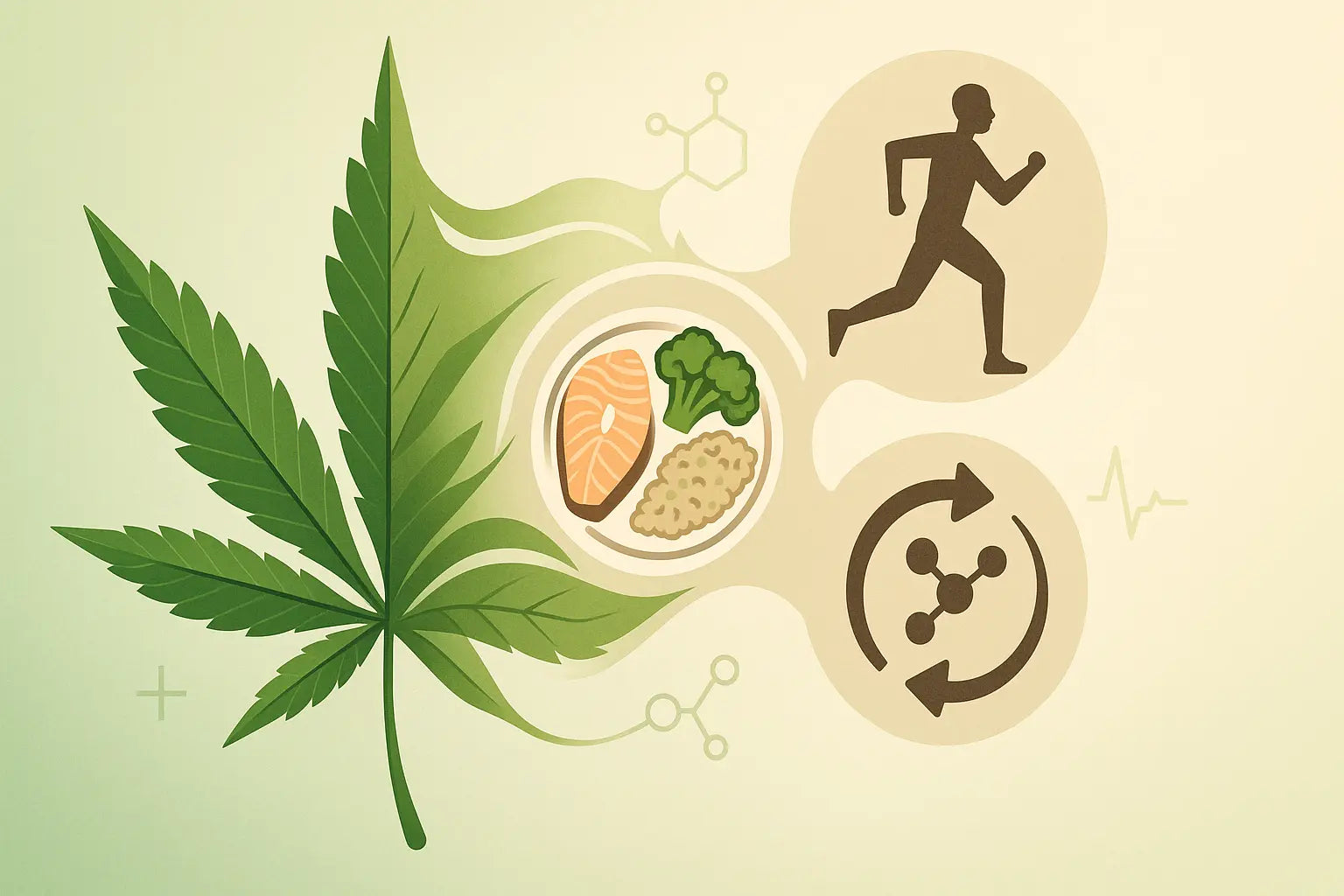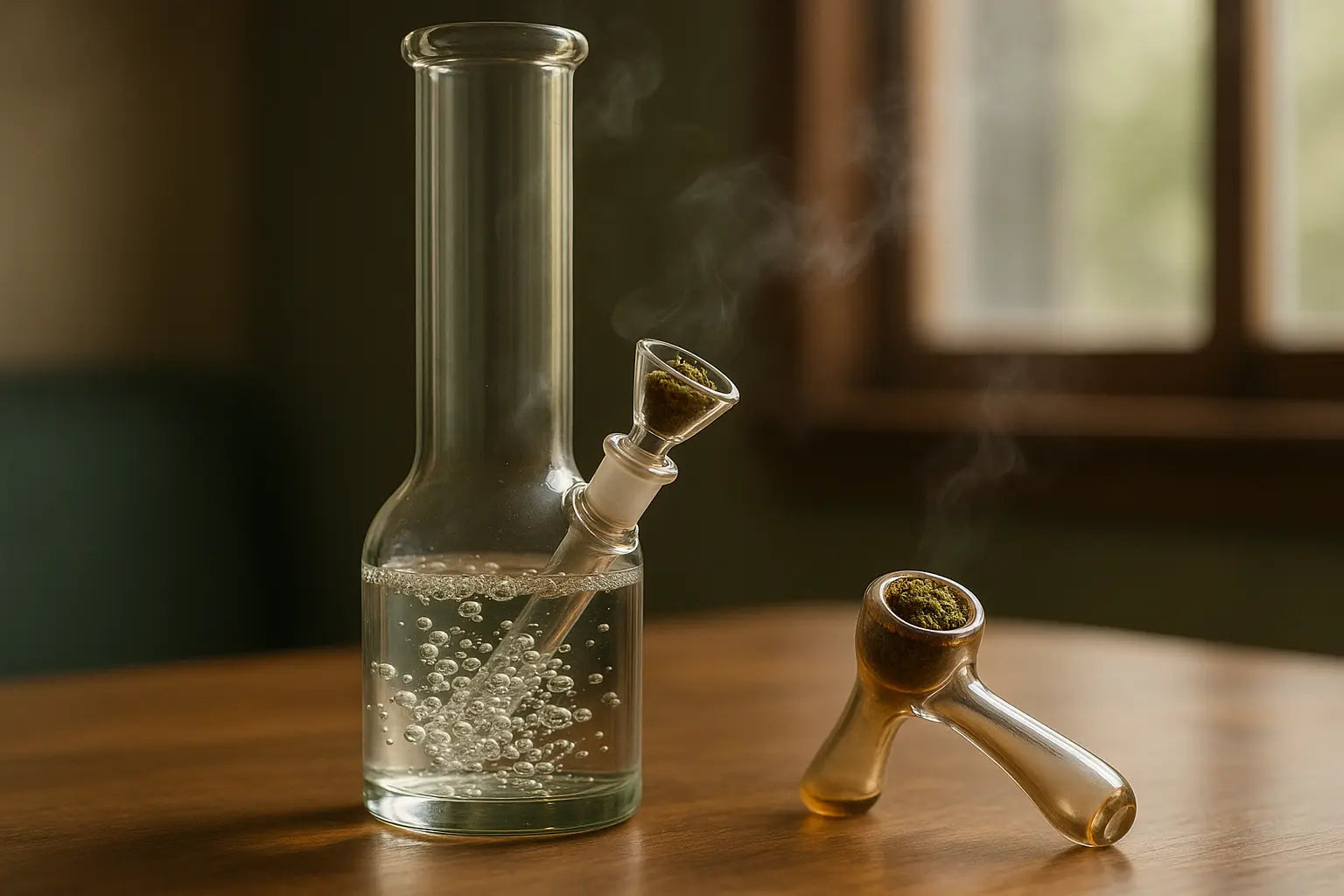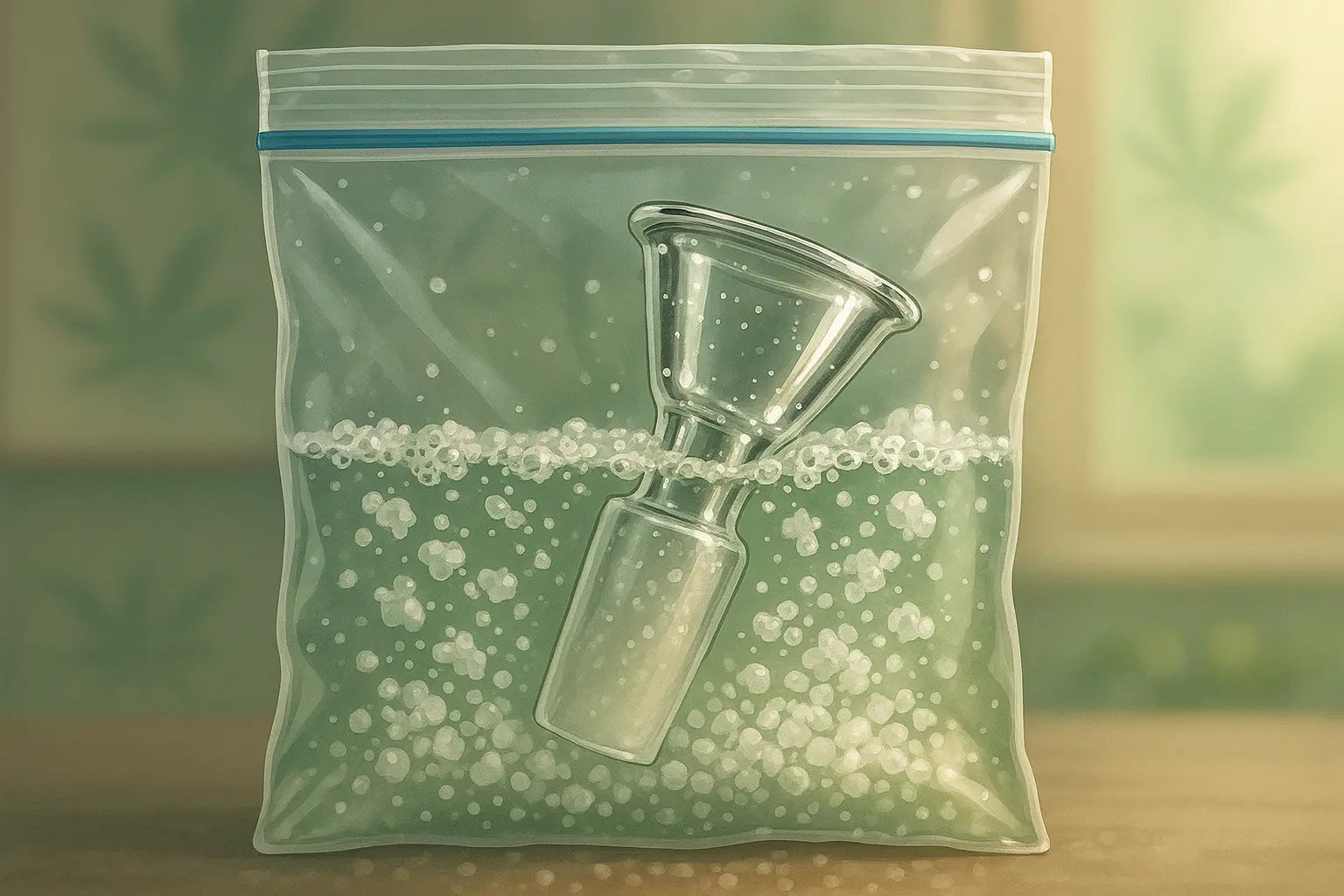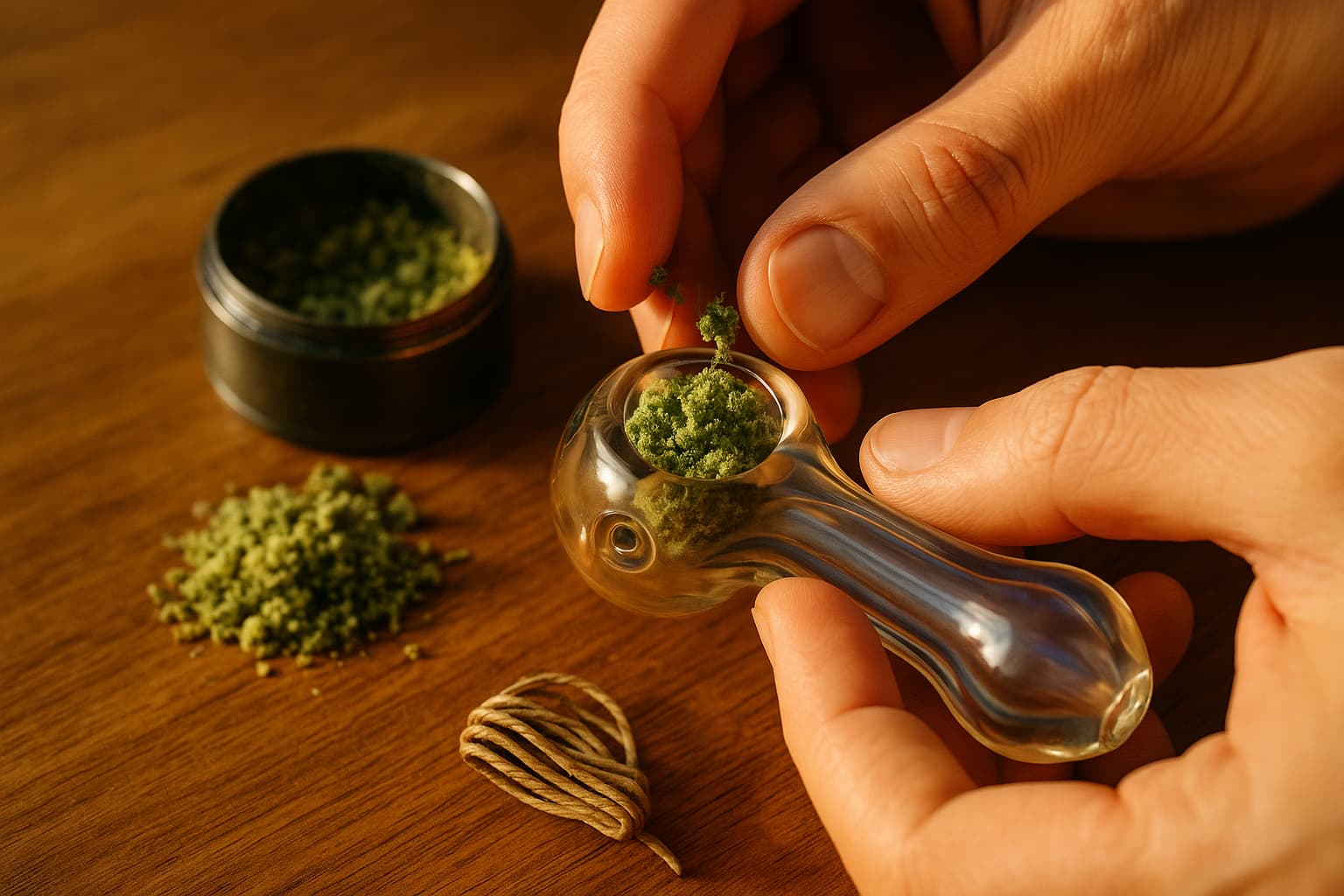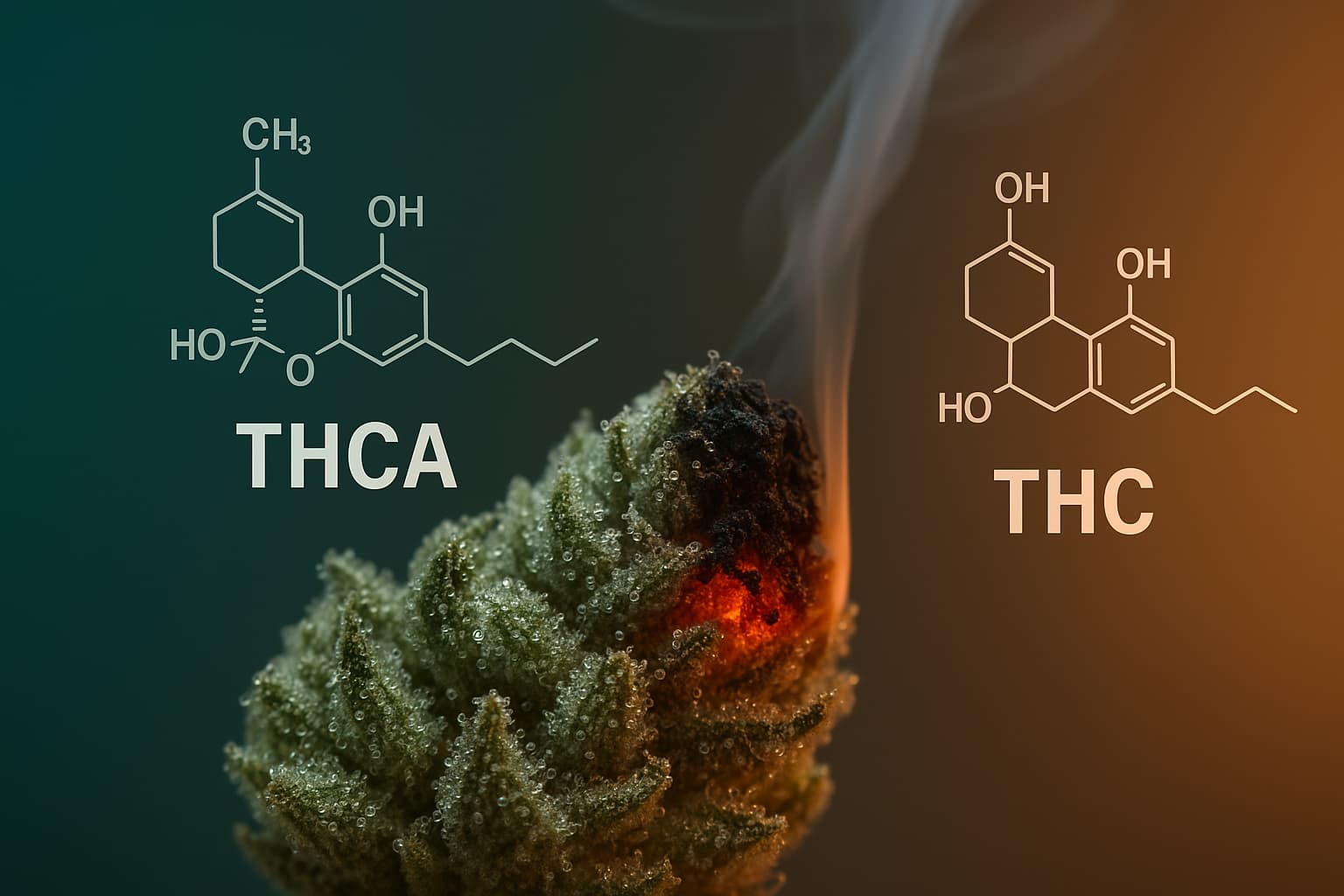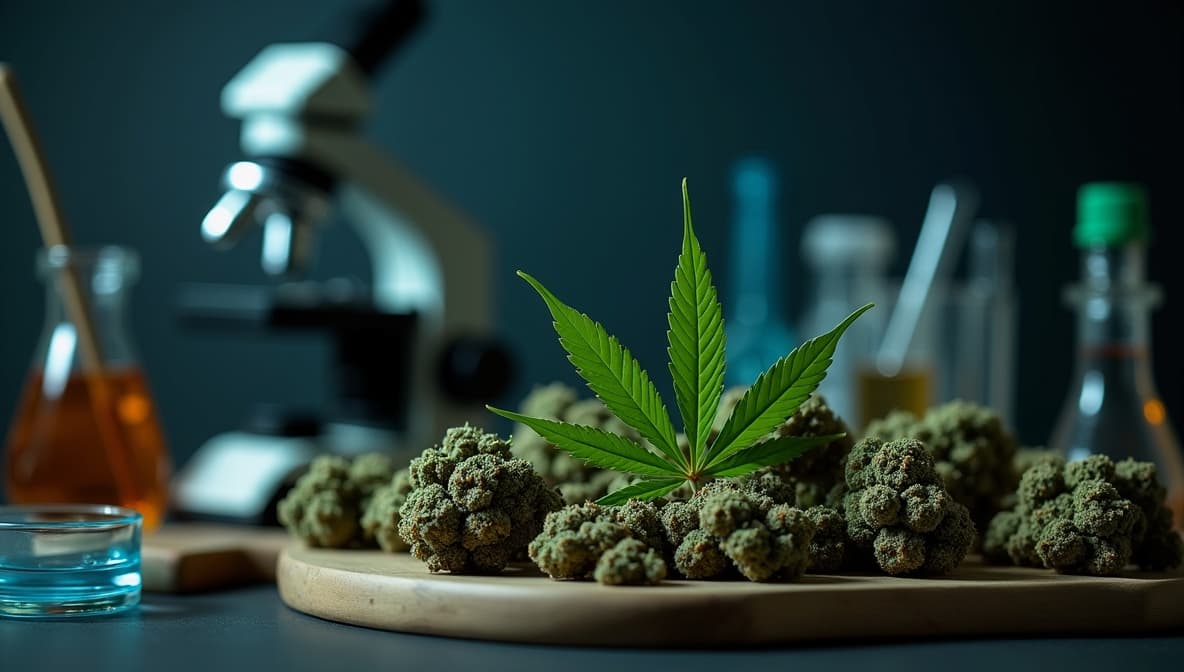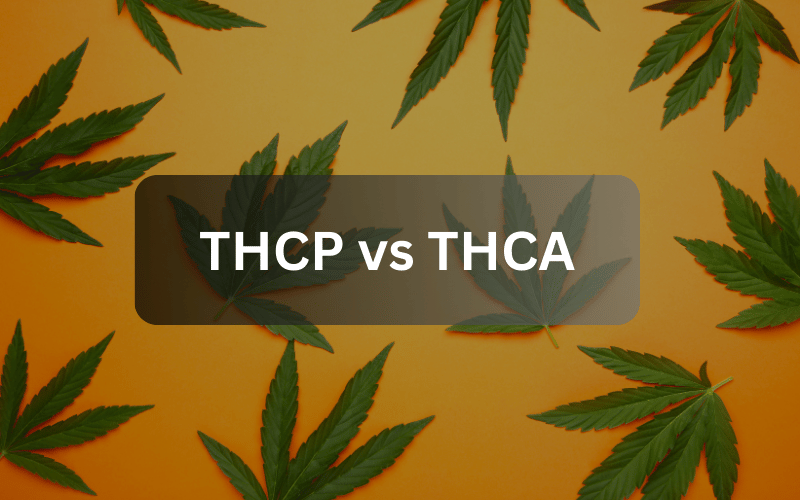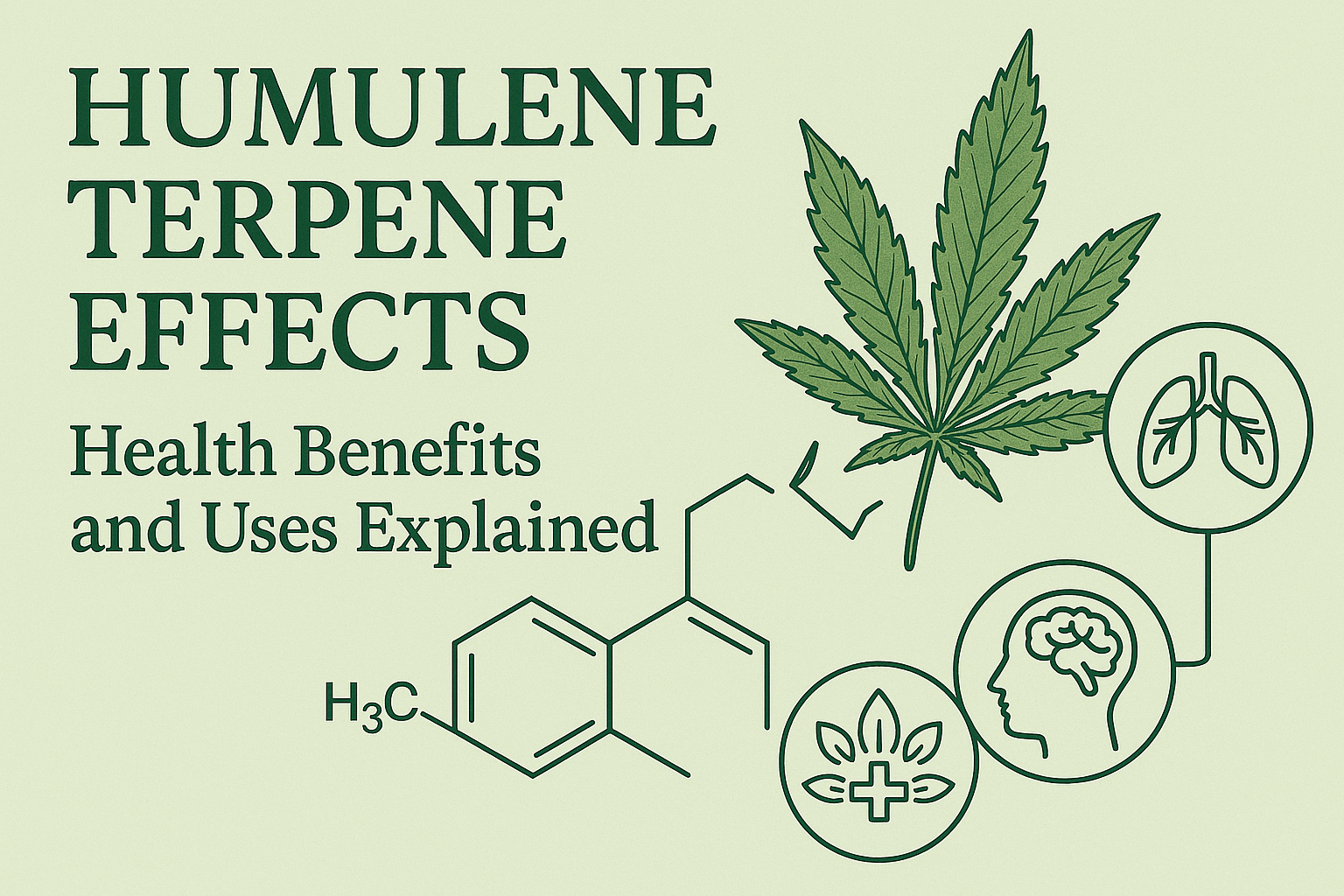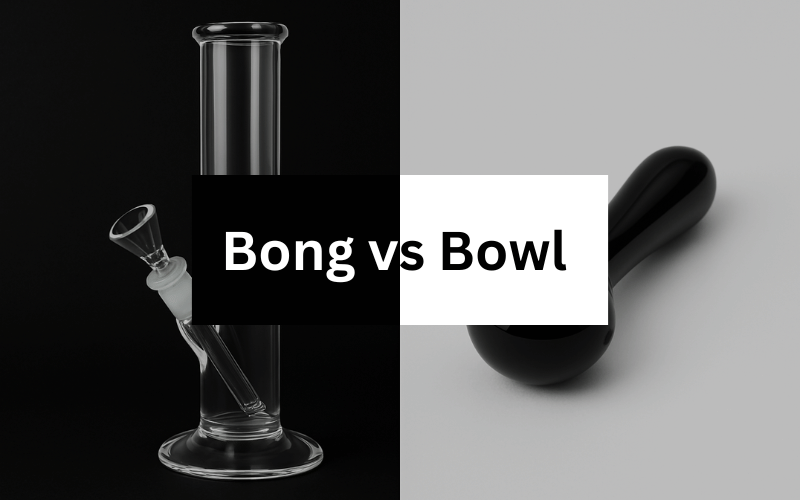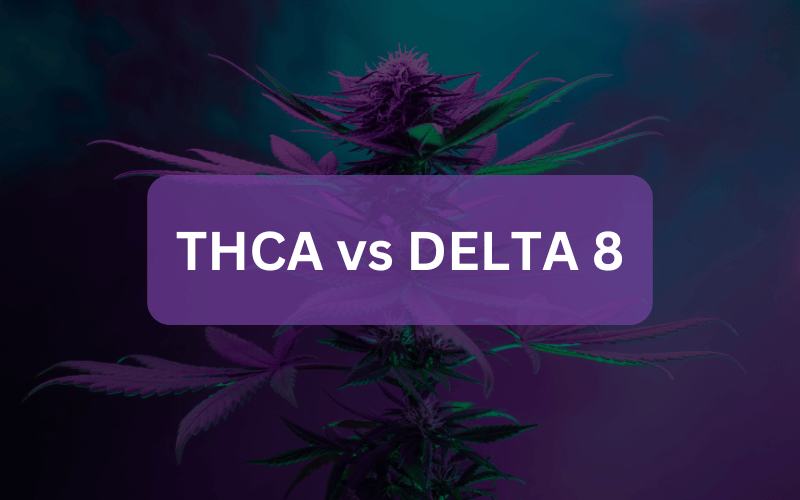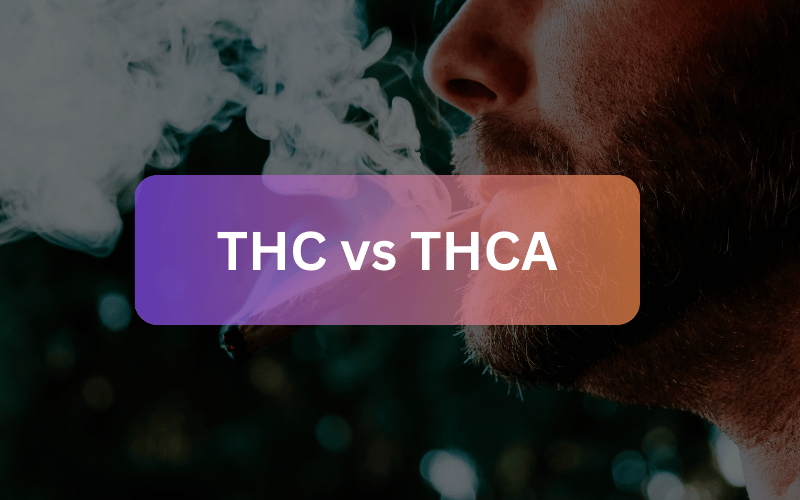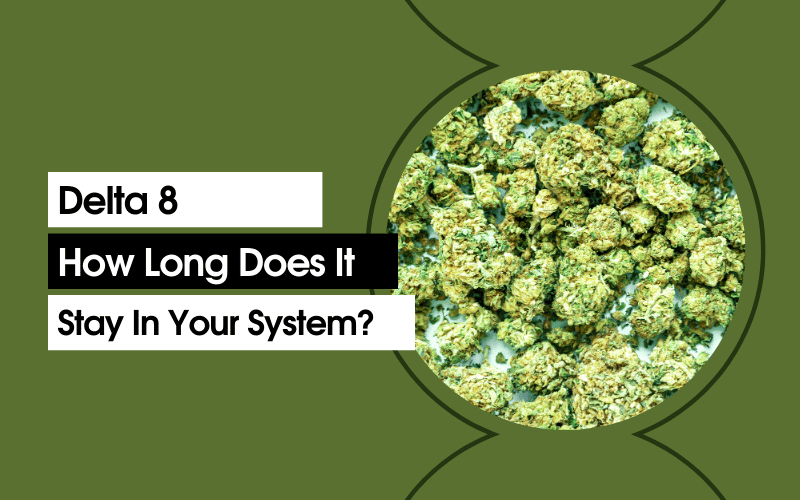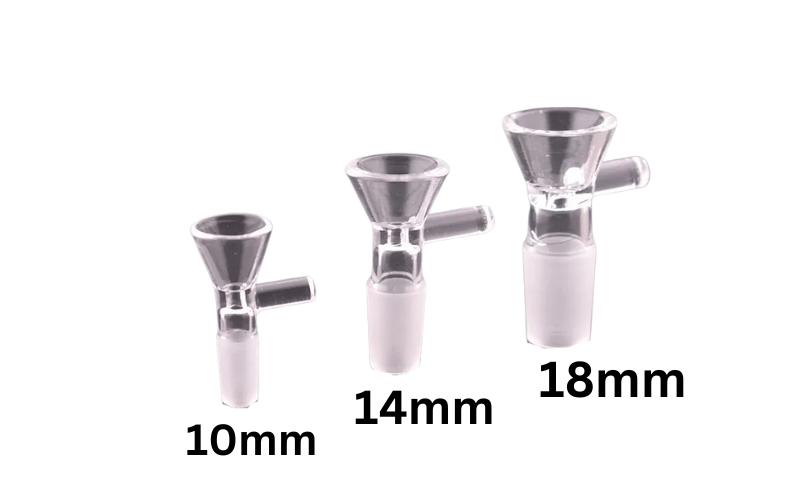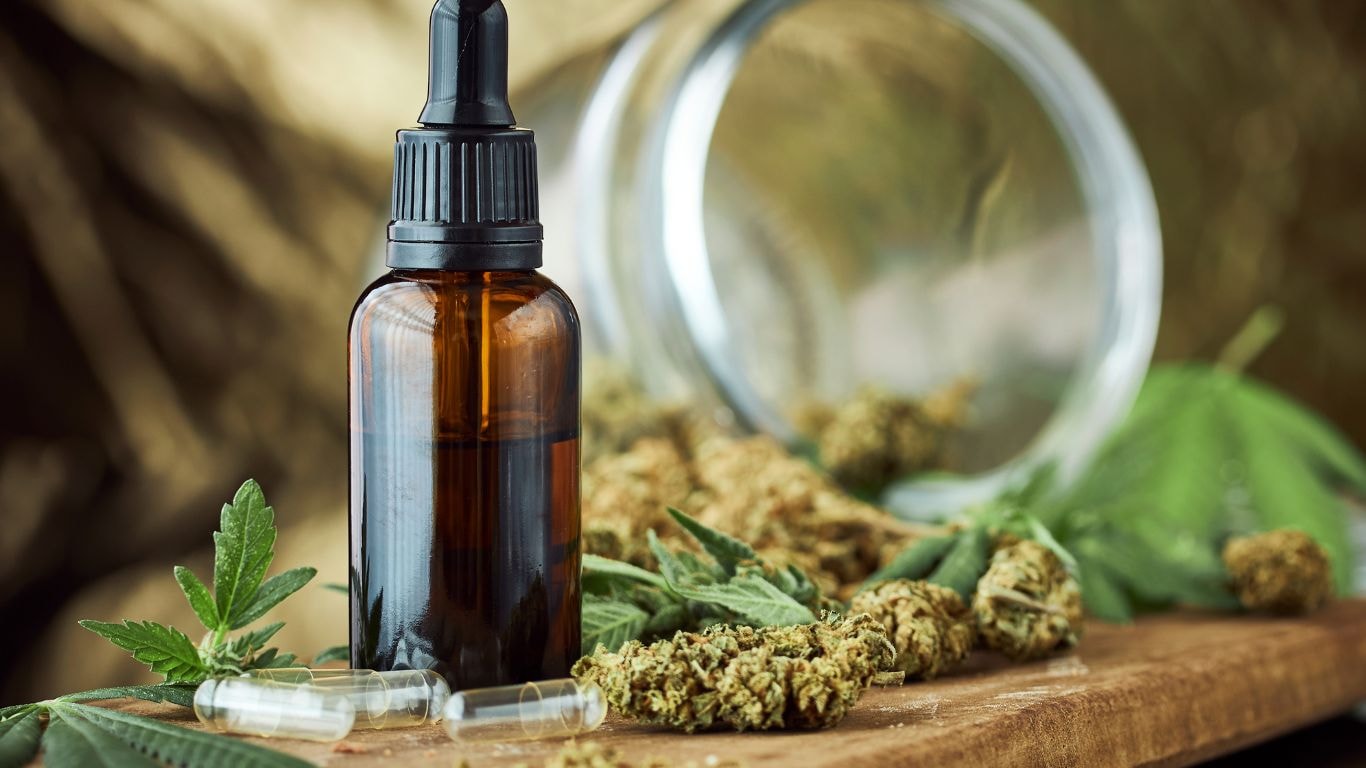
How Long Does CBD Stay In Your System and What Does It Mean for You
Posted by Tom Wittneben on
The question, “How long does CBD stay in your system?” pops up all the time. This is especially true if you like to kick back with a tincture, rip a CBD vape during a sesh, or chill with gummies after a long day.
At Mary Go Round, we’ve had plenty of conversations about it. This is because nobody wants surprises when it comes to drug tests, mellow vibes, or their everyday routine.
So, let’s clear the smoke and break it down in a way that actually makes sense.
CBD Duration in Your System: How Long Does It Really Stick Around?
Half-life is the time it takes for your body to process and eliminate half of the substance. Typically, a drug is mostly cleared after four to five half-lives.
For CBD, this half-life can range widely, from just an hour or so to up to 2 days, depending on how it’s consumed and how your body metabolizes it. Understanding this helps you plan your sessions and manage expectations around its lingering effects.
Sprays and Drops
CBD sprays and tincture drops are absorbed relatively quickly. Their half-life falls between roughly 1.4 to 10.9 hours. That means after a session with a spray, CBD can hang out in your system anywhere from 10 hours to about 2 days. Perfect for those who want a shorter, predictable window of effect.
Chronic Oral Consumption
If you regularly take CBD orally, such as daily gummies or capsules, the half-life is longer. Regular oral consumption can push CBD’s half-life to 2 to 5 days, meaning it could be detectable in your system for up to 25 days.
Smoking or Vaping CBD
When you smoke or vape CBD, absorption is fast, and effects are felt quickly. The half-life in this case is around 31 hours. So, after a session, CBD could remain in your system for roughly a week. This method is ideal if you’re chasing quick relief, but it also means your body clears it at a moderate pace.
Putting It All Together
Here’s a summary of how long CBD stays in the body, based on method:
-
Sprays/Drops: Stay in system 10 hours to 2 days.
-
Chronic Oral Use: Stay in system 10 to 25 days.
-
Smoking/Vaping: Stay in system about 7 days.
CBD and Drug Testing: What You Need to Know
If you’ve ever wondered whether CBD could throw off a drug test, you’re not alone.
CBD Alone Usually Won’t Trigger a Test
Somewhat similar to THCA on a drug test, CBD itself doesn’t show up on standard drug tests, which is a relief for those who like to enjoy their herb responsibly. However, the tricky part is that some CBD products contain trace THC, especially if they’re full-spectrum. That’s why checking labels and product sources is crucial before your next session.
Watch Out for Full-Spectrum CBD
Full-spectrum CBD includes all the natural hemp compounds, including tiny amounts of THC (up to 0.3%). While this THC level is legal, consuming it regularly may increase your chances of a positive test.
For those who want the entourage effect but also need to be test-safe, moderation and careful product selection are key. As we always tell our Mary Go Round community, know what’s in your bottle before you light up.
Isolate CBD: The Safe Bet
CBD isolate is pure CBD with zero THC, giving you peace of mind if avoiding THC is a priority. You can enjoy the therapeutic benefits without stressing about THC showing up in screenings. Isolates may not have the entourage effect, but they still bring the calming, chill vibes you’re looking for.
Choose High-Quality Products
Not all CBD is created equal. Look for products with verified levels, clear labeling, and third-party lab testing.
Skimping here can lead to unexpected THC or inaccurate dosing. High-quality CBD ensures your sessions stay smooth, predictable, and safe.
How Long Does CBD Hang Around in Your System?
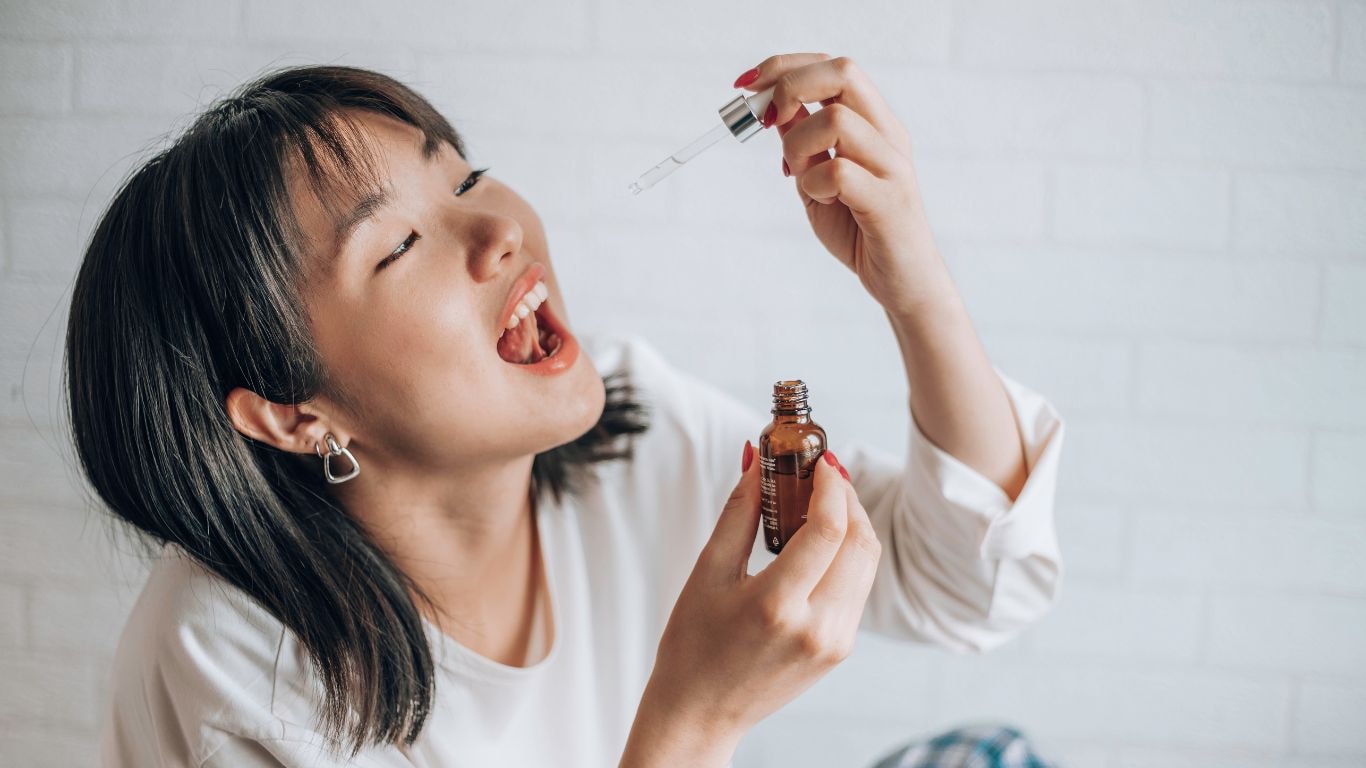
If you’ve ever chatted with fellow wellness enthusiasts about CBD, you know the conversations can get pretty wild when it comes to how long it sticks in your system.
The truth is, there isn’t a one-size-fits-all answer.
Metabolism, Body Composition, and Age: Your Unique Biology
Everyone’s body processes CBD differently. If you’ve got a fast metabolism, your body burns through CBD more quickly, while slower metabolisms allow it to linger.
Body composition is another piece of the puzzle. CBD is fat-soluble, meaning it gets stored in fat cells and released gradually. People with higher body fat percentages might notice that it lingers longer.
Dosage and Frequency: The More, The Longer
How much CBD you consume and how often you use it can dramatically change its timeline. High daily doses can accumulate in your fat cells, gradually releasing over time and sticking around longer than occasional, low doses.
Therefore, regular users may notice that CBD remains detectable even after a break, while casual users often experience a quicker exit. That’s why keeping track of your consumption patterns can help you better anticipate when to time your next toke or drop for maximum effect.
Method of Consumption: Route Matters
The way you take CBD makes a big difference. Vape or smokable CBD hits the bloodstream quickly and often leaves the system faster, giving you a shorter, more immediate effect.
On the other hand, CBD oil, tinctures, and CBD edibles pass through your digestive system, meaning the effects take longer to kick in but also linger longer in your body. A handy tip: consuming CBD with healthy fats, like avocado, nuts, or nut butter, can increase absorption and extend the effects, while taking it on an empty stomach may result in faster digestion and elimination.
Knowing how each method interacts with your body can help you plan the perfect sesh.
Genetics and Individual Differences: The Wild Cards
Beyond metabolism and lifestyle, genetics subtly shape how your body responds to CBD. Some folks naturally break down cannabinoids faster, while others hold onto them longer. Enzymes in the liver, receptor sensitivity, and even gut microbiome variations can all influence the duration CBD remains detectable and effective. While you can’t change your genes, knowing this helps explain why a friend’s experience may differ from yours, even with the same dose.
How CBD is Detected: What You Should Know
Ever wondered whether that CBD gummy or tincture will show up in a drug test? Let’s break it down so you can enjoy your sessions without guessing games.
Urine Tests
Urine tests are the most common type for workplace and routine drug screenings. CBD itself is rarely tested, but THC, even in trace amounts from full-spectrum products, can trigger a positive result.
Typically, CBD with THC can be detected in urine for 3 -14 days, though this depends on your dosage, metabolism, and body composition. For regular users, the detection window may stretch a little longer.
Blood Tests
Blood tests are less common because of their invasive nature, but they can detect both CBD and THC for up to 7 days. They’re particularly useful for detecting recent THC consumption, which is why they’re sometimes used in legal or clinical settings.
Saliva Tests
Saliva tests are mainly used for THC detection. CBD with THC in saliva is generally detectable for a shorter window, around 24-72 hours. These tests are more often used in roadside or immediate post-use scenarios, rather than routine workplace screenings.
Hair Tests
Hair tests have the longest detection window, up to 3 months, though they’re expensive and not commonly used. Hair testing can capture a record of CBD or THC consumption over time. It’s a method more often found in specialized research studies or high-security job screenings rather than day-to-day testing.
CBD Benefits and Risks: What to Expect from Your Herb
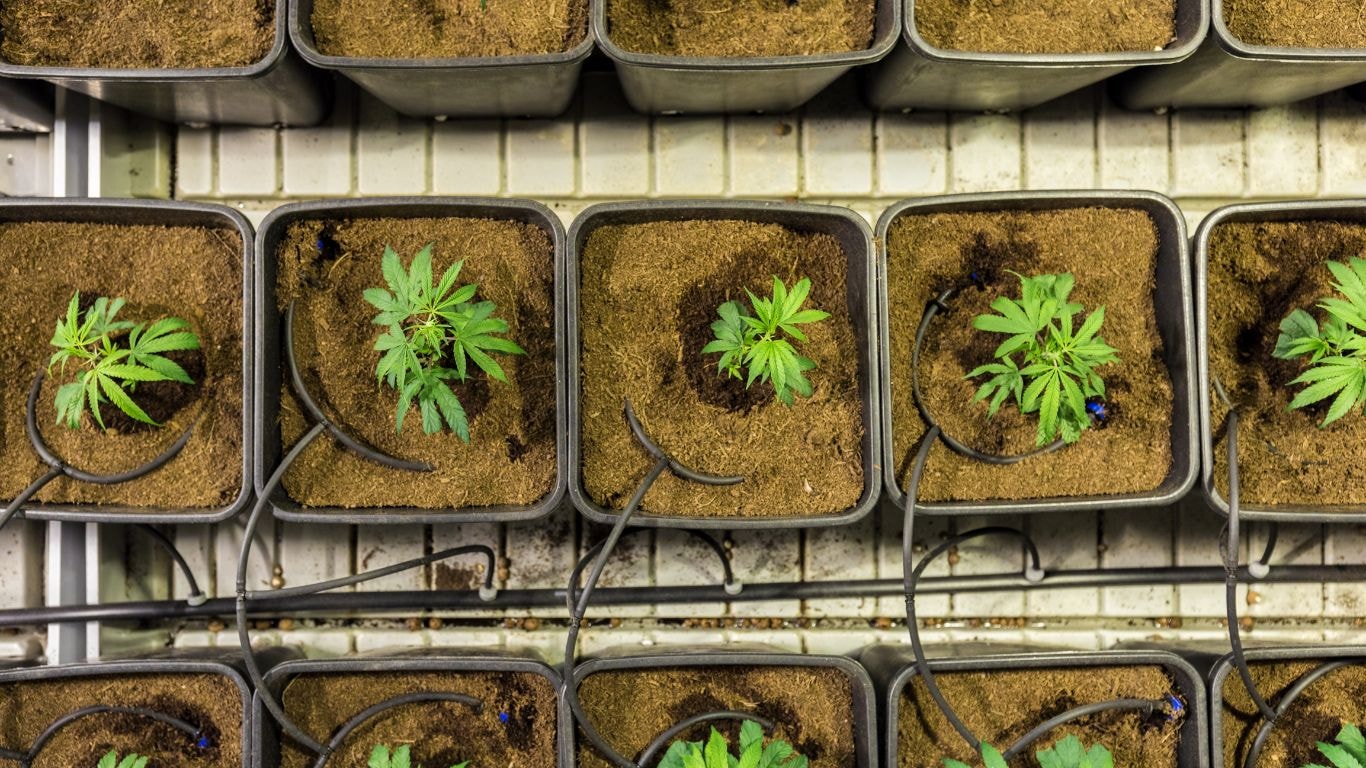
CBD isn’t just chill; it can support your body and mind in real ways. From easing tension to helping you sleep better after a long day, there’s a lot to appreciate. But like any herb, it comes with its own set of considerations.
Health Benefits
CBD can help with pain relief, reduce inflammation, and ease anxiety. These effects happen because CBD interacts with your neurotransmitters and endocannabinoid system, helping regulate pain signals, mood, and sleep patterns. Many of us swear by a nightly CBD gummy to wind down after a long sesh or a hectic day.
Potential Risks and Interactions
While generally safe, CBD can interact with prescription medications, and some may experience side effects like dry mouth, drowsiness, or lightheadedness. Long-term effects aren’t fully understood yet, so it’s smart to start slow and monitor how your body responds.
Therapeutic Uses
CBD has been used to support conditions like epilepsy, multiple sclerosis, and chronic pain. Whether you’re managing everyday stress or specific health challenges, it can offer a calming boost without the high of THC.
CBD Legality: Know Before You Start
Before you pop your next CBD gummy or take a hit from a tincture, it’s important to understand the legal scene. CBD isn’t uniform everywhere, and being aware of the rules in your area helps keep your sesh stress-free, chill, and legal.
Federal and State Rules
In the U.S., hemp-derived CBD products with less than 0.3% THC are federally legal and widely accessible. However, marijuana-derived CBD remains illegal federally, and state laws can be all over the map.
Some states have stricter rules or unique licensing requirements, so it’s critical to do a little homework before you buy. Always check both federal guidelines and local state laws, especially if you’re planning to carry CBD across state lines or to work.
Choosing Safe, Legal Products
Quality matters just as much as legality. When shopping, look for hemp-derived CBD products tested by reputable third-party labs. This ensures the THC content and overall purity are accurately represented.
Even tiny amounts of THC in mislabeled products can trigger a positive drug test, so label-reading is key.
Pregnancy and Breastfeeding Considerations

CBD use is not recommended for pregnant or breastfeeding women. The FDA advises against it because research is limited and the effects on a developing baby or infant are not fully known. CBD can pass into breast milk, so consulting a healthcare professional is essential if you’re expecting or nursing.
Travel Considerations
If you’re traveling, things get trickier. Different states and countries can have wildly different rules about hemp and CBD products. Always research local laws before heading out, and never assume what’s legal in one place will fly somewhere else.
So, How Long Does CBD Stay in Your System: Final Thoughts
CBD is a popular supplement with many potential benefits, from easing pain to supporting relaxation. However, its use should be approached with care.
Overall, how long CBD stays in your system varies based on dosage, metabolism, and method of consumption. Choosing high-quality products and following recommended doses minimizes risks and maximizes benefits.
FAQs: We’re Here to Help
We know the questions come fast when it comes to CBD, and we’re happy to help clear things up for you.
How Long Does CBD Stay in Your Urine?
CBD can typically be detected in urine for up to 5 days, depending on factors like dosage, frequency of use, metabolism, and body fat. Remember, full-spectrum products with trace THC might extend this window slightly.
Can CBD Cause a Failed Drug Test?
CBD itself usually won’t trigger a failed test, but products containing THC, even in small amounts, can. That’s why choosing third-party tested, broad-spectrum CBD, or CBD isolate products is key for avoiding unwanted surprises.

